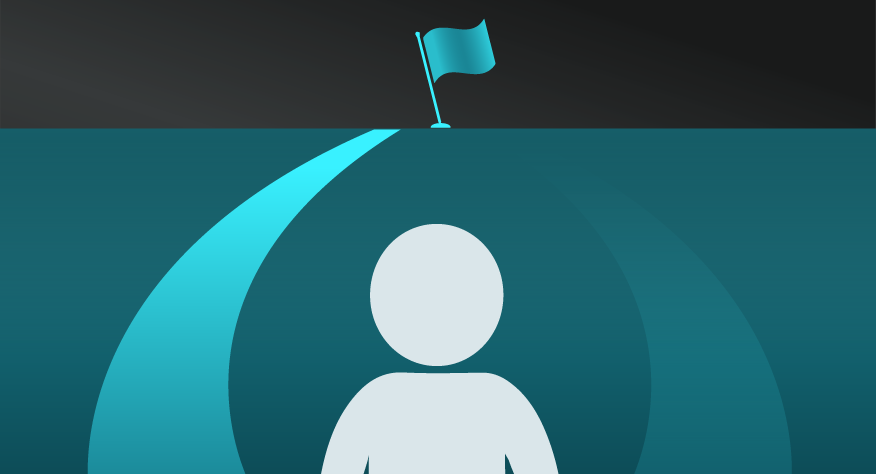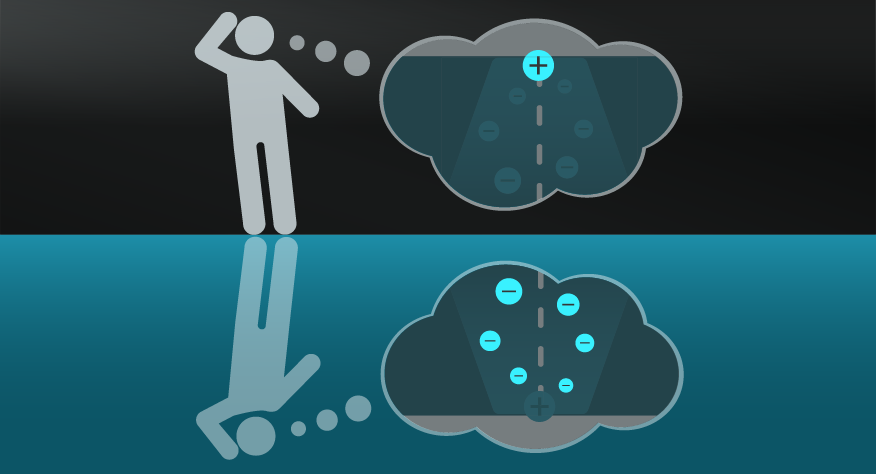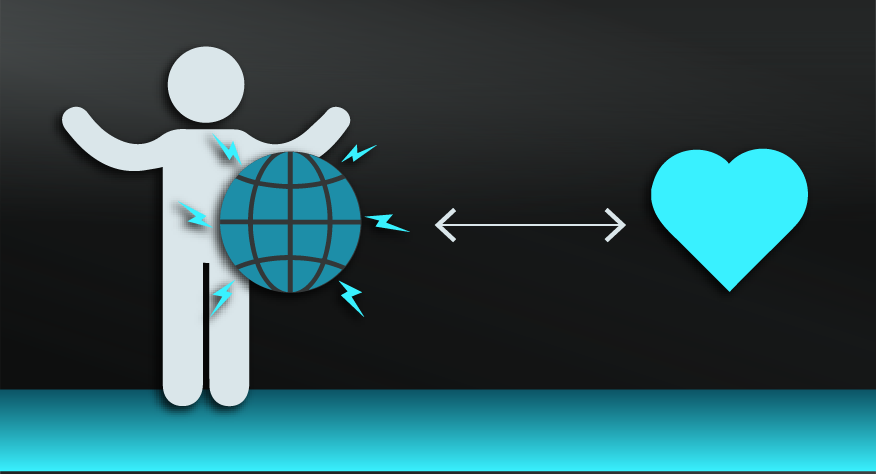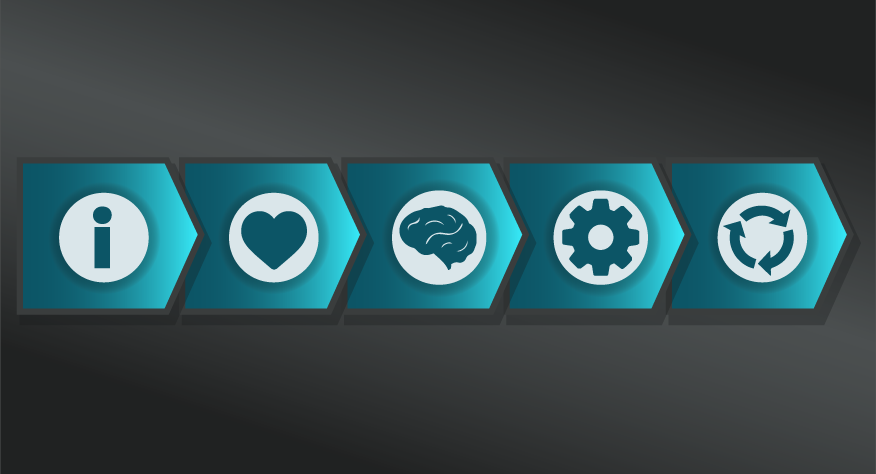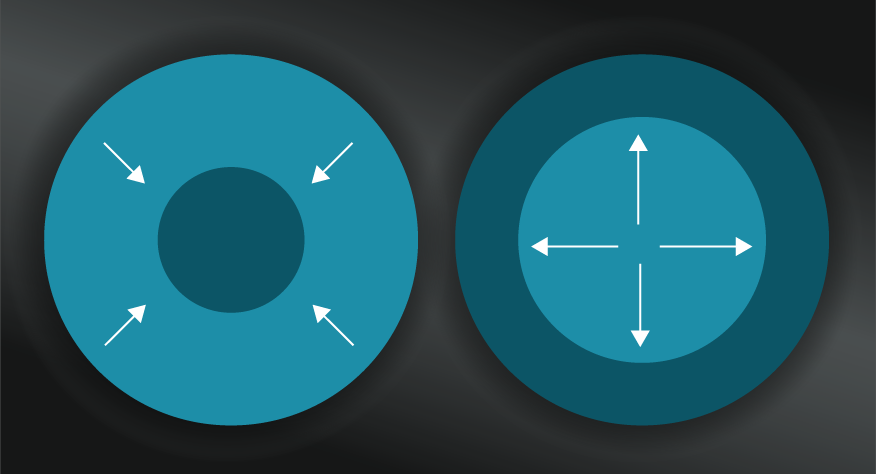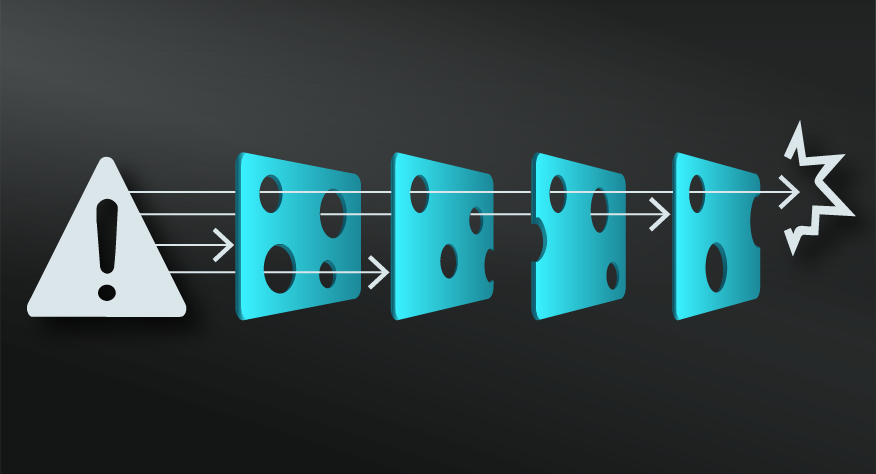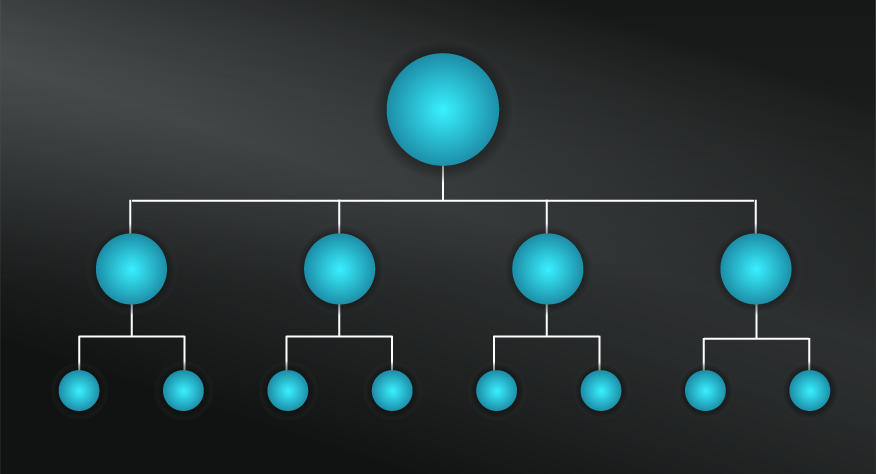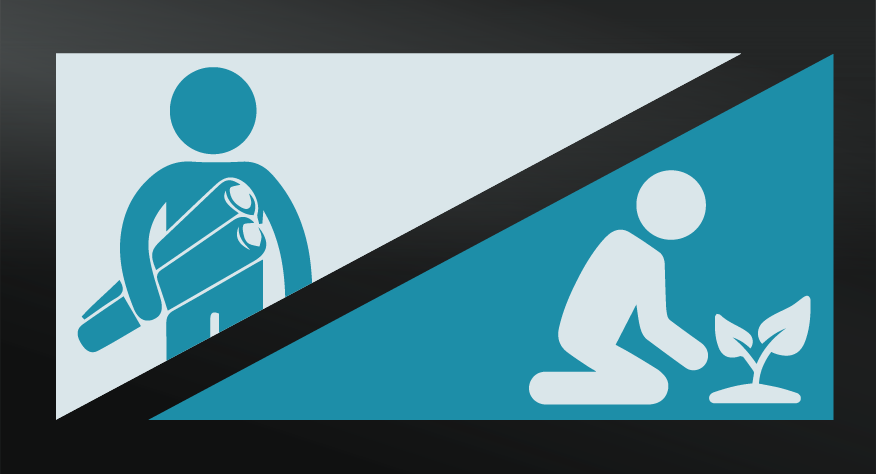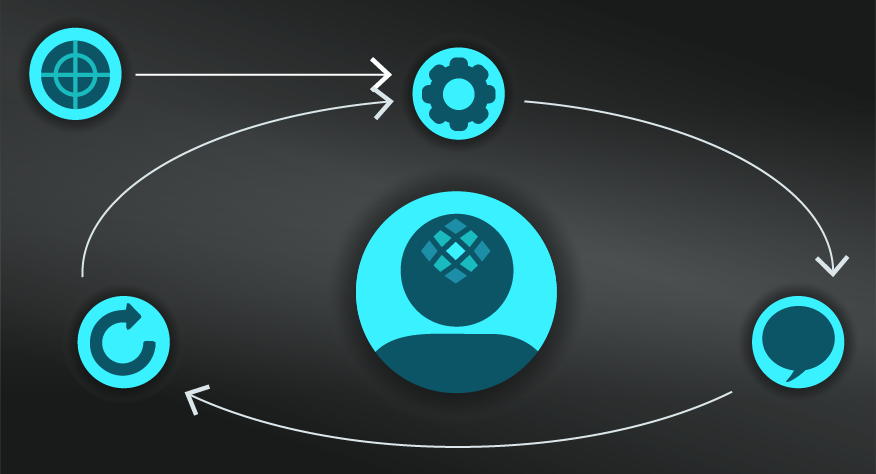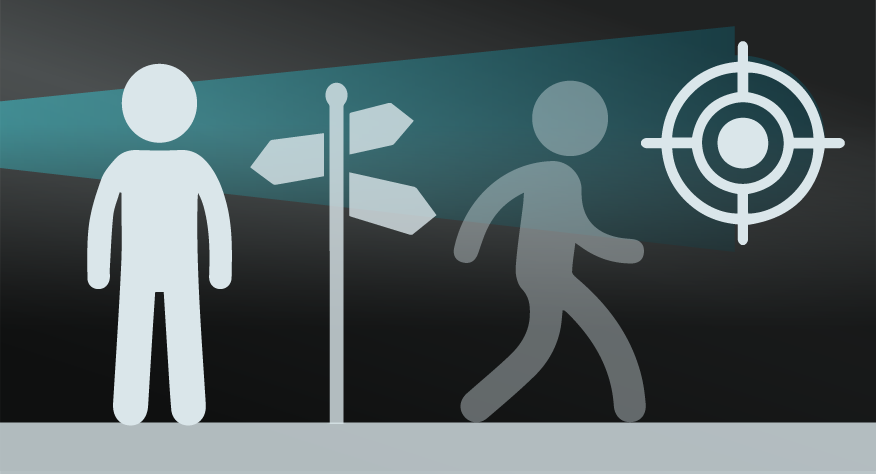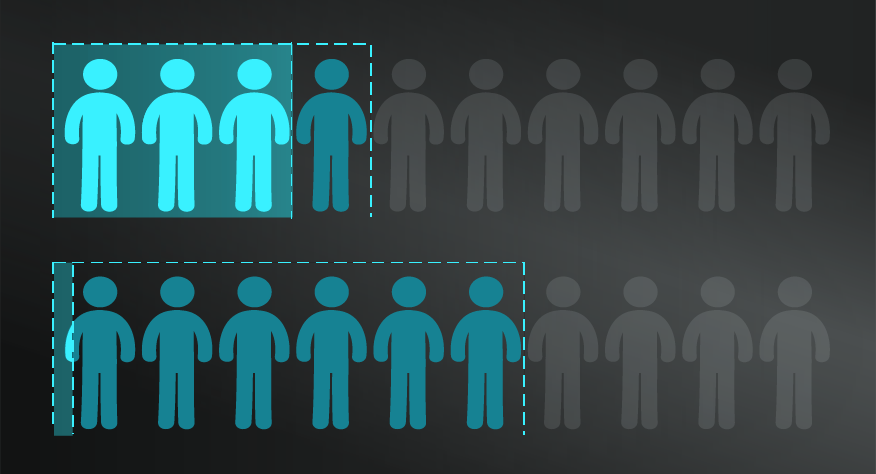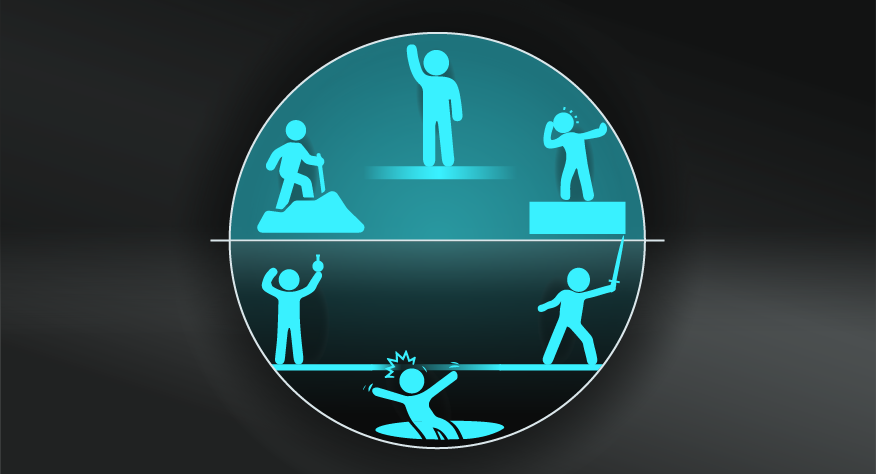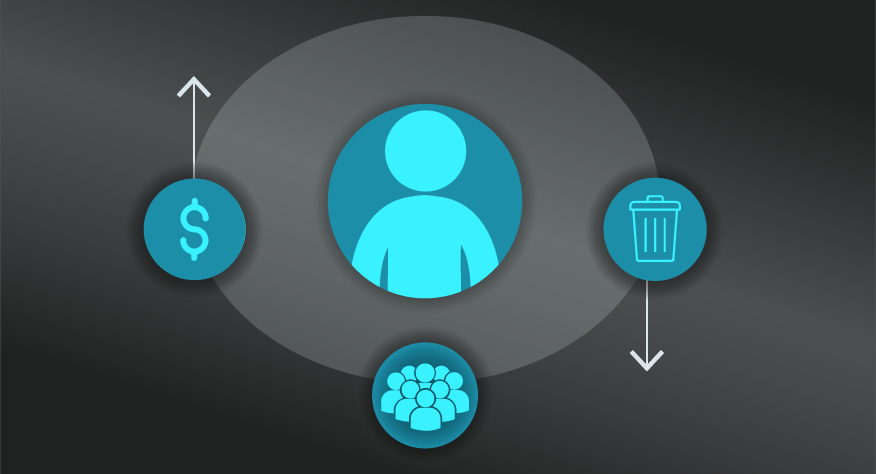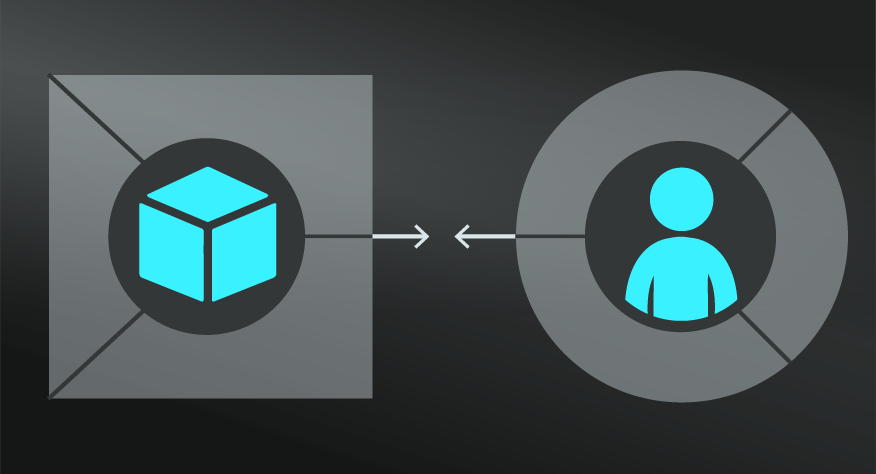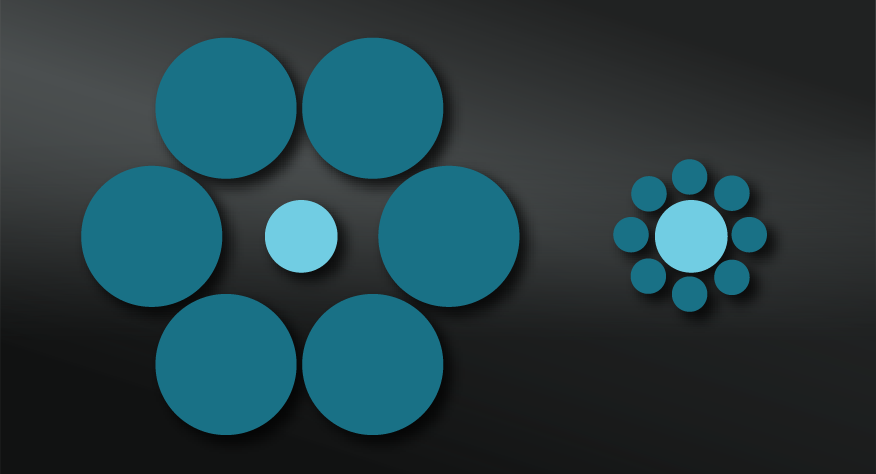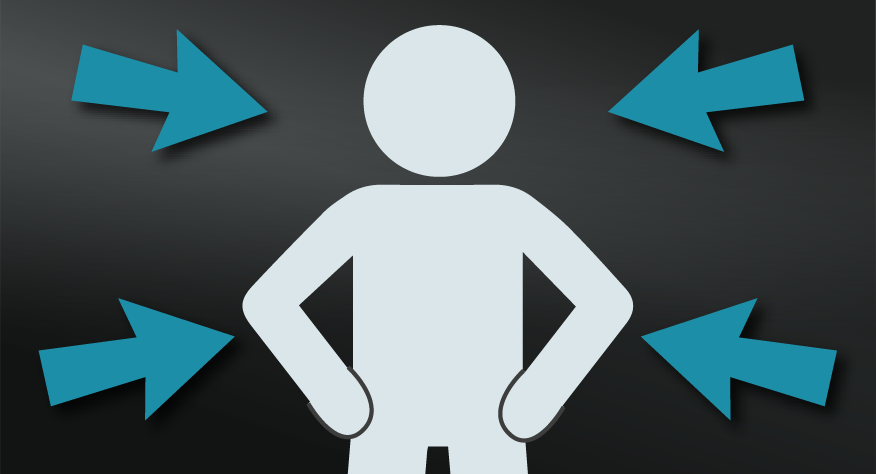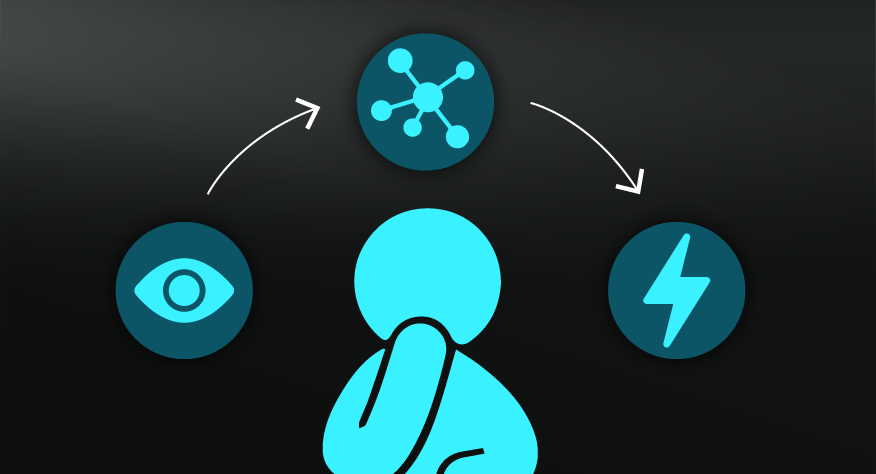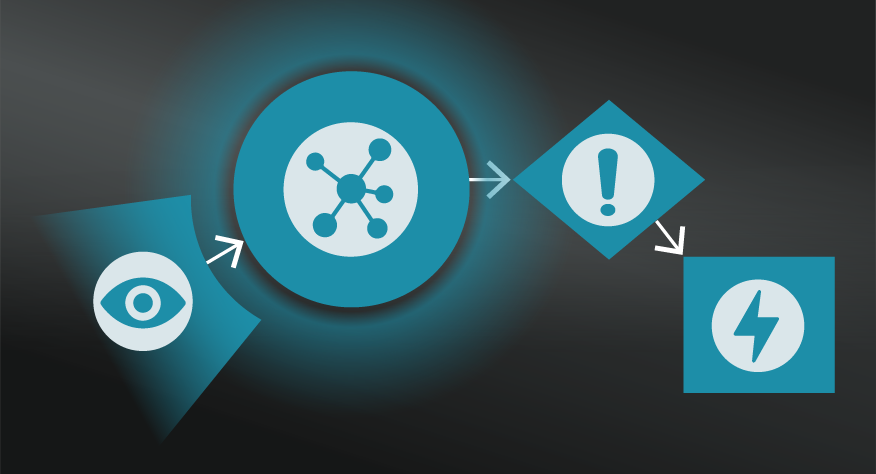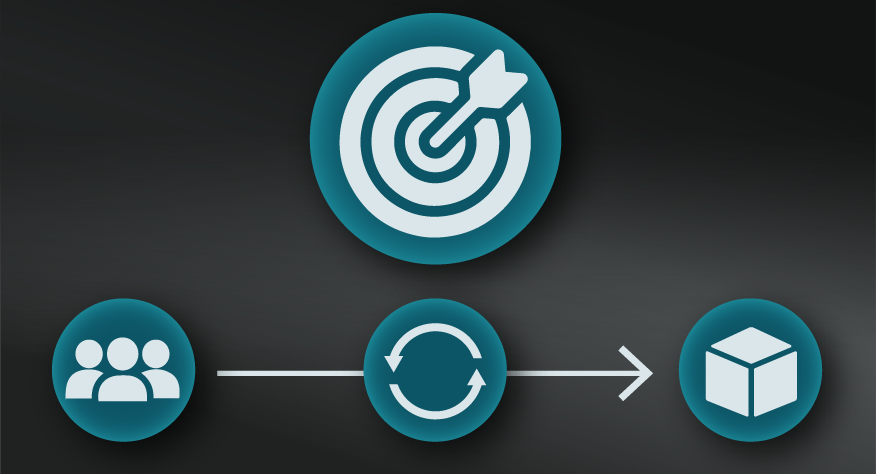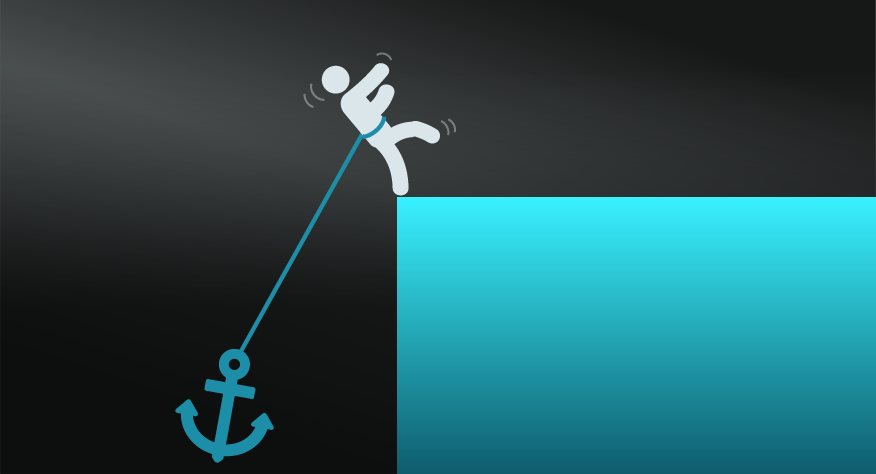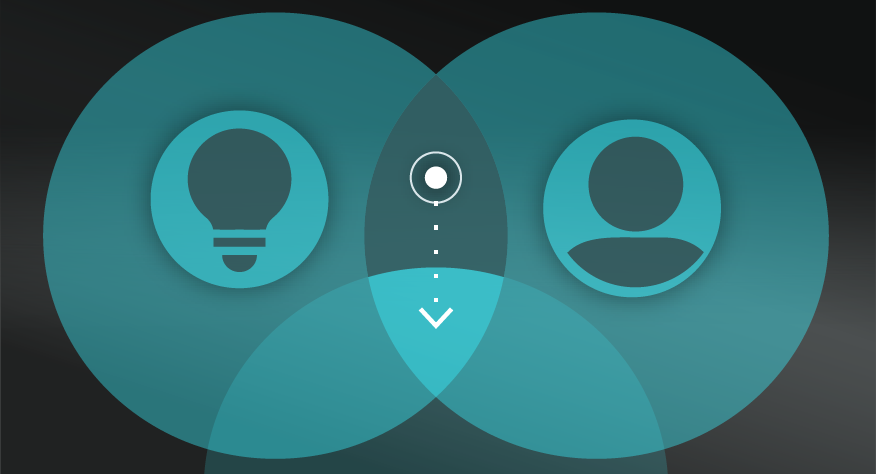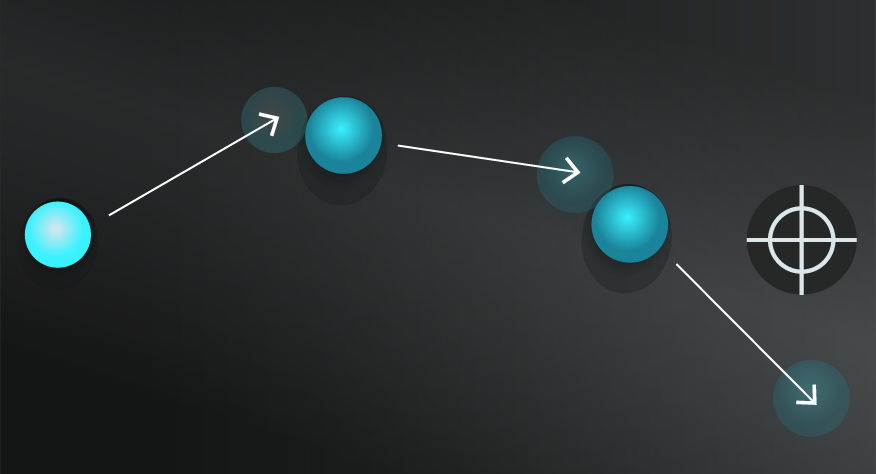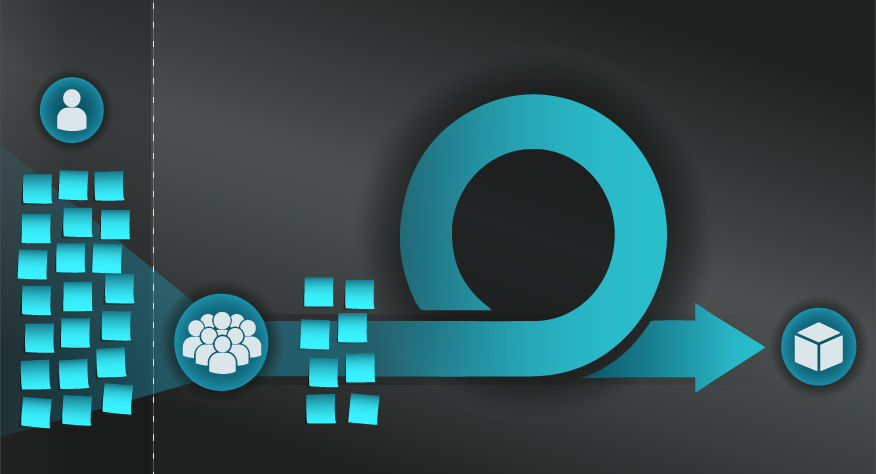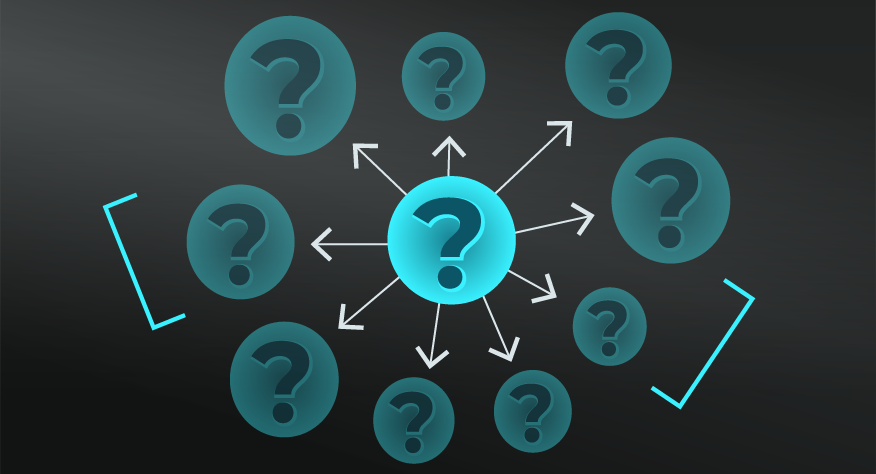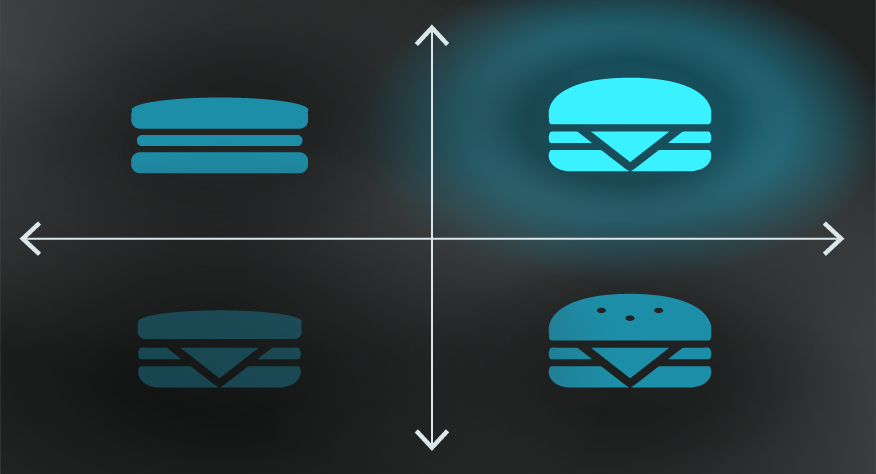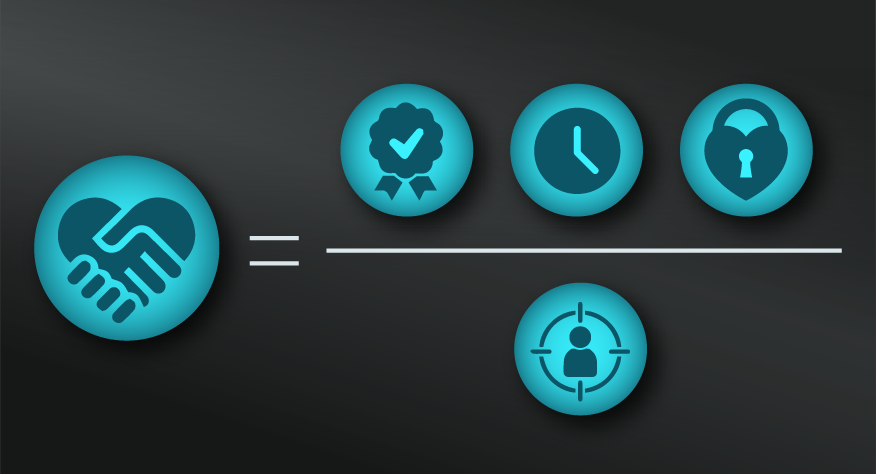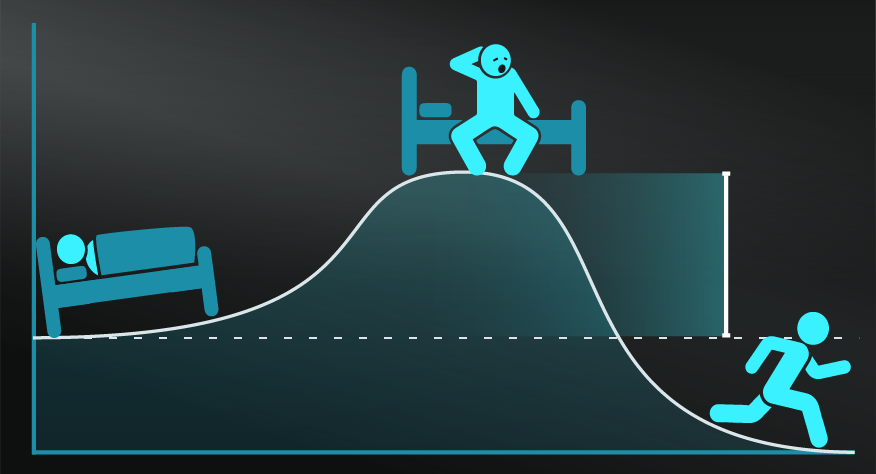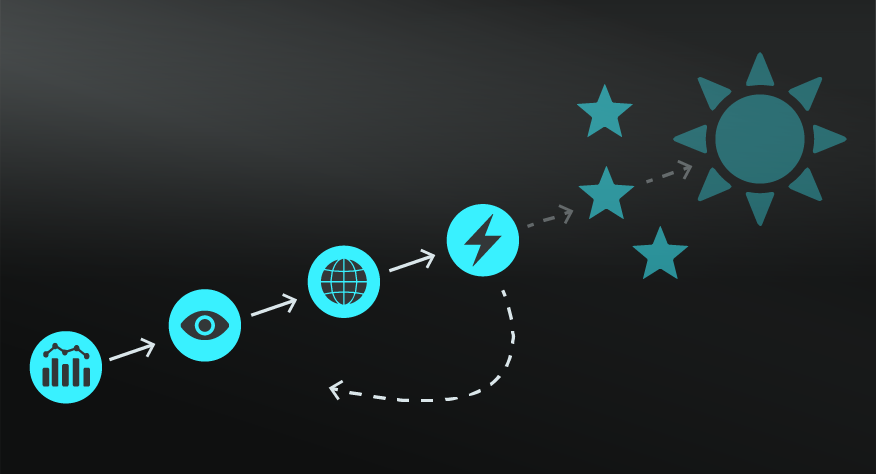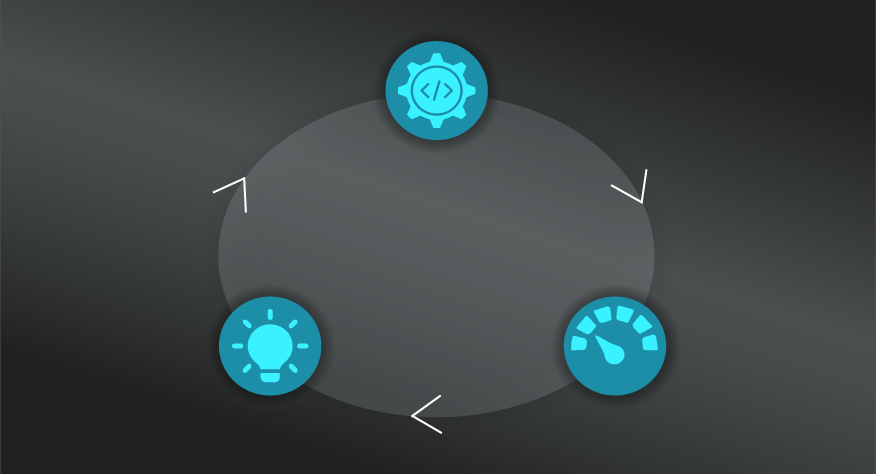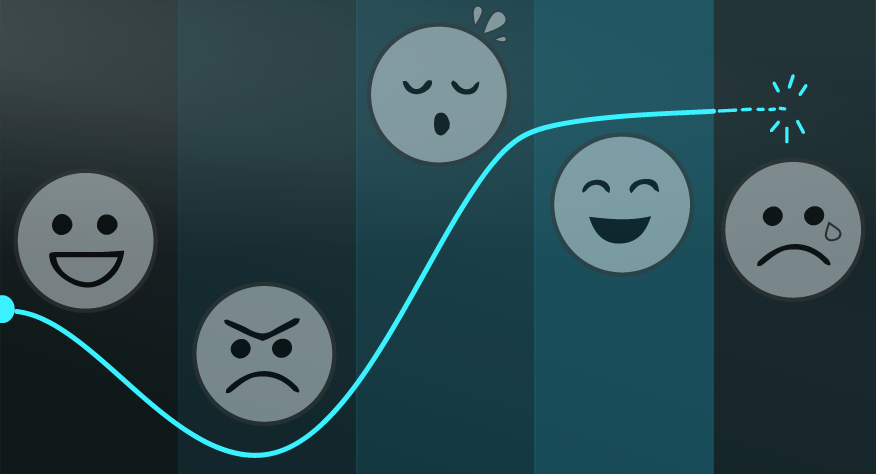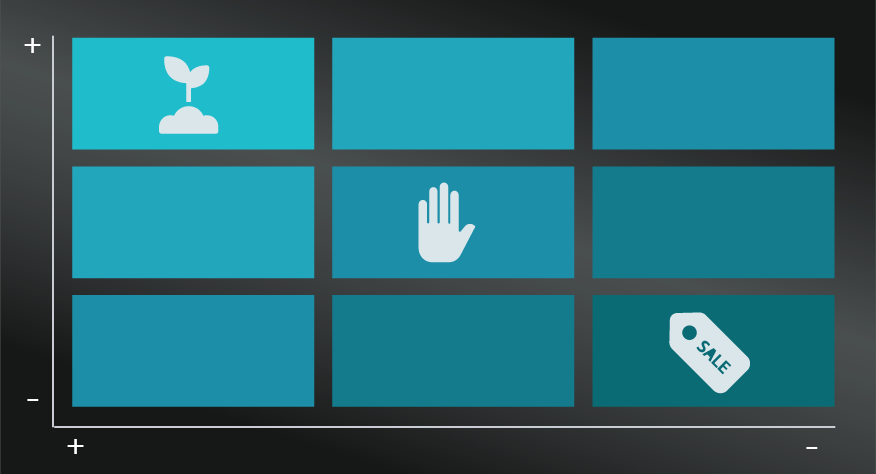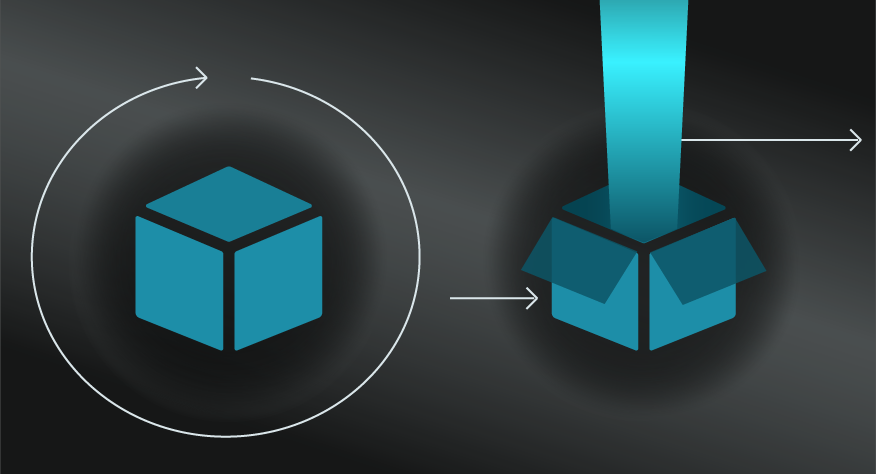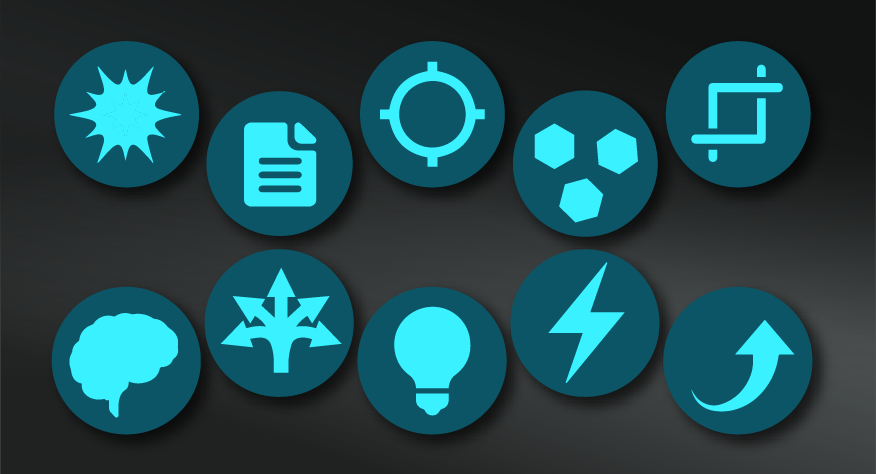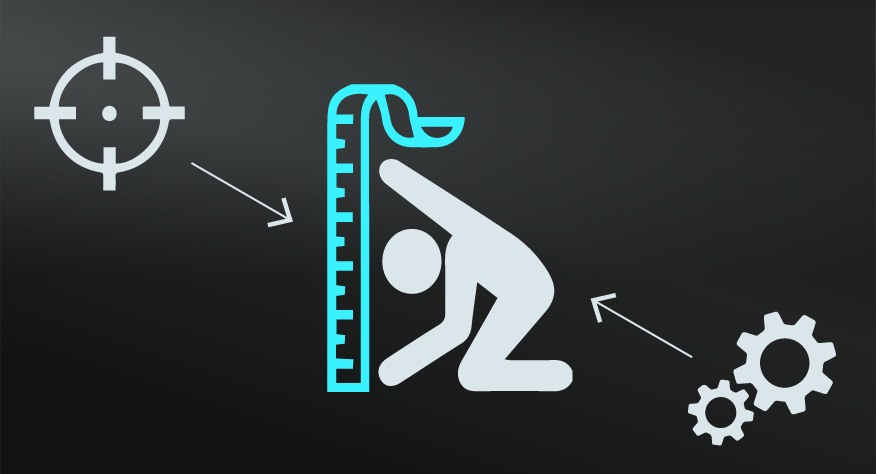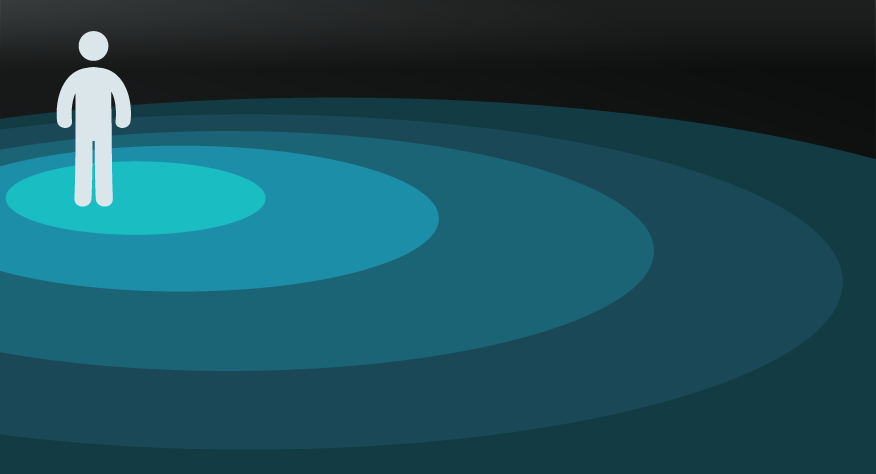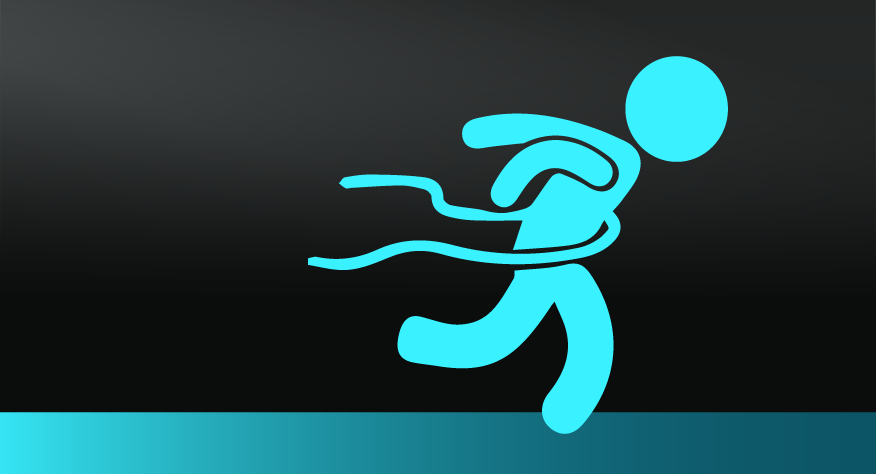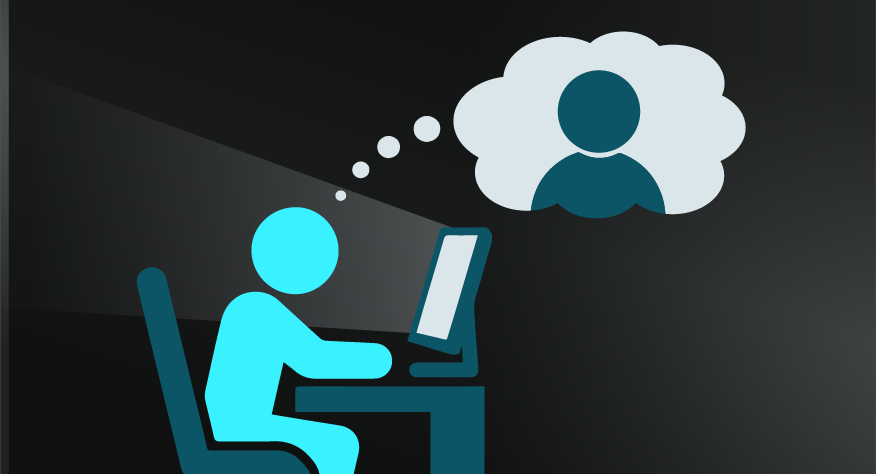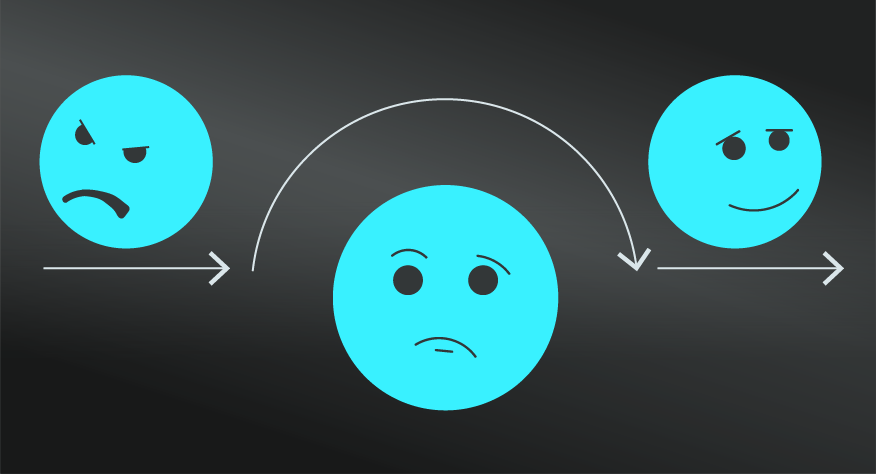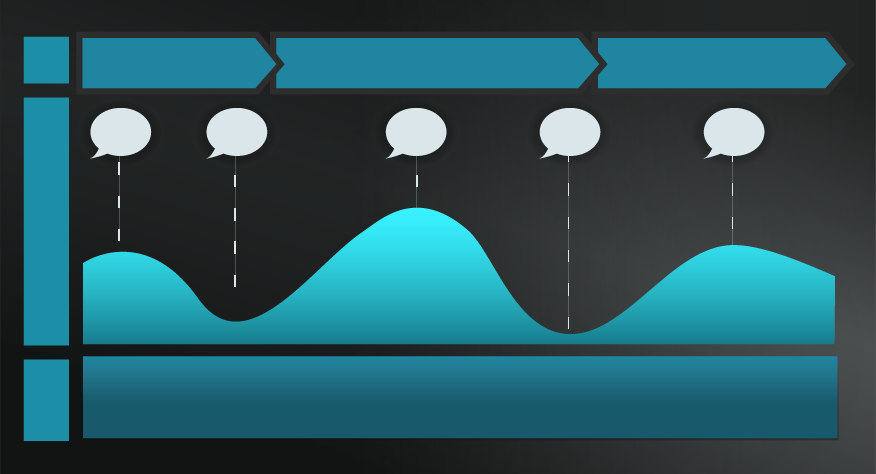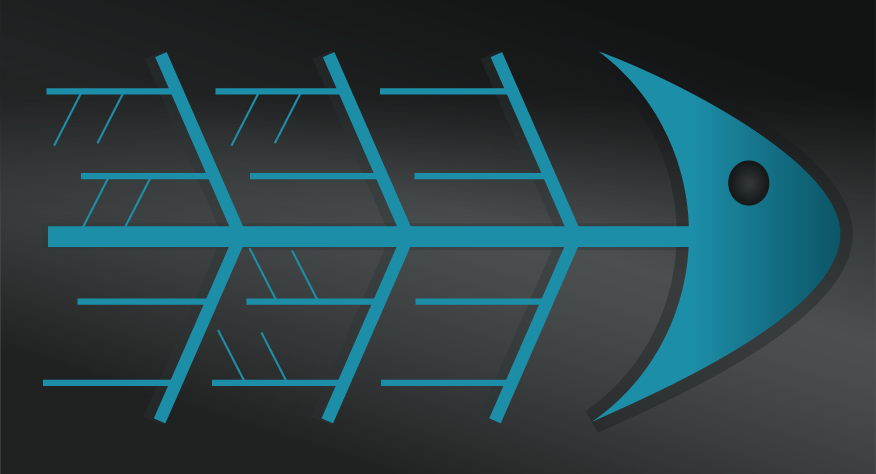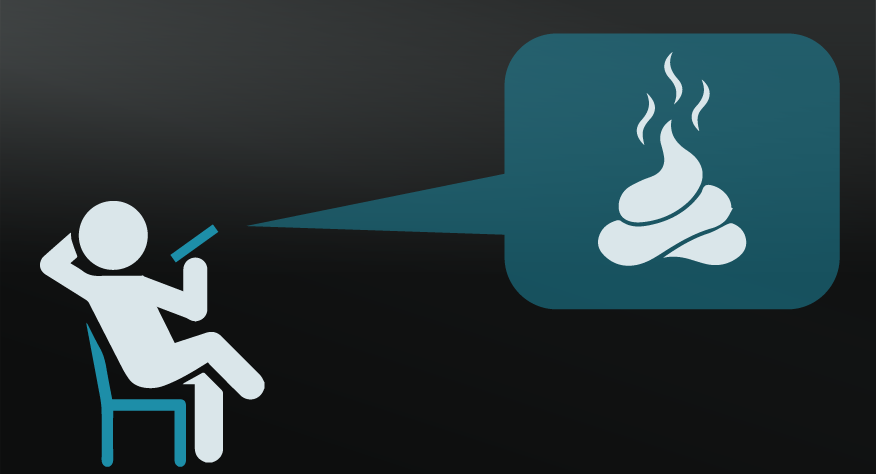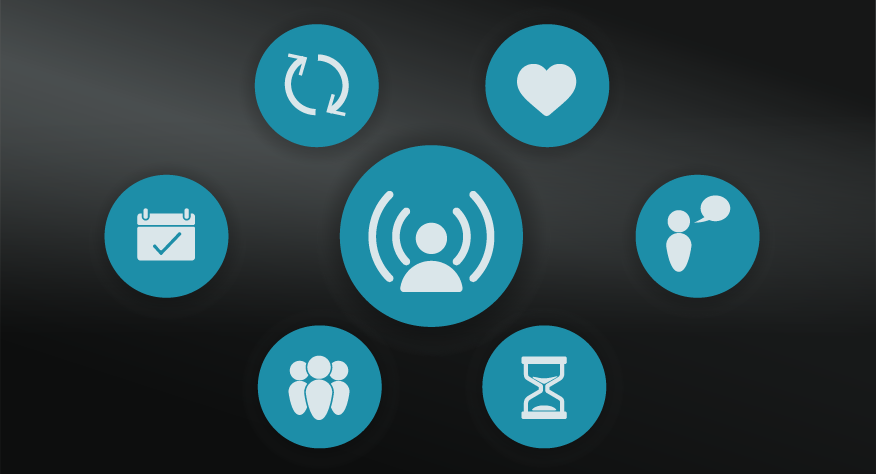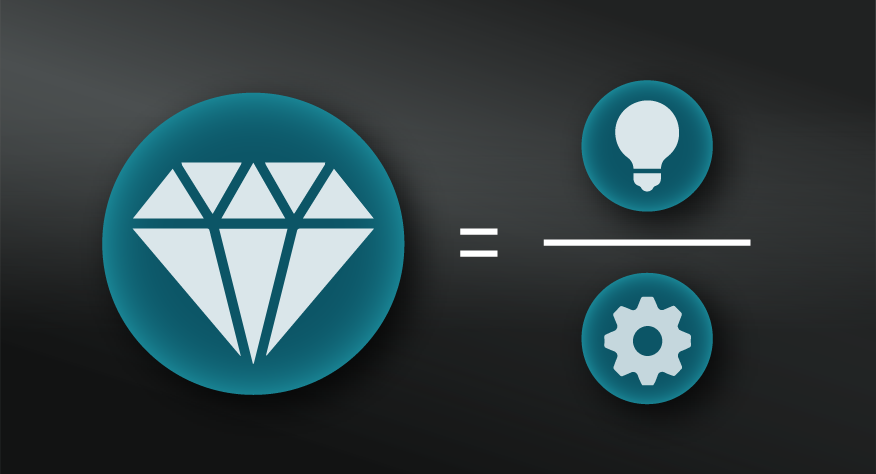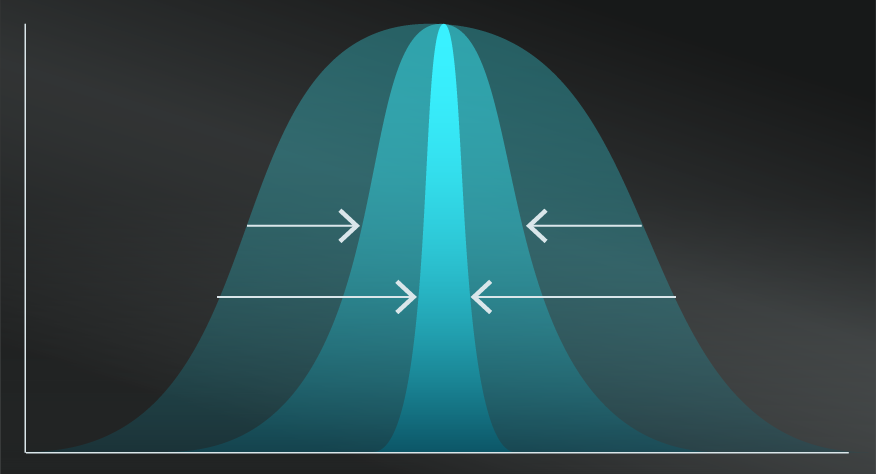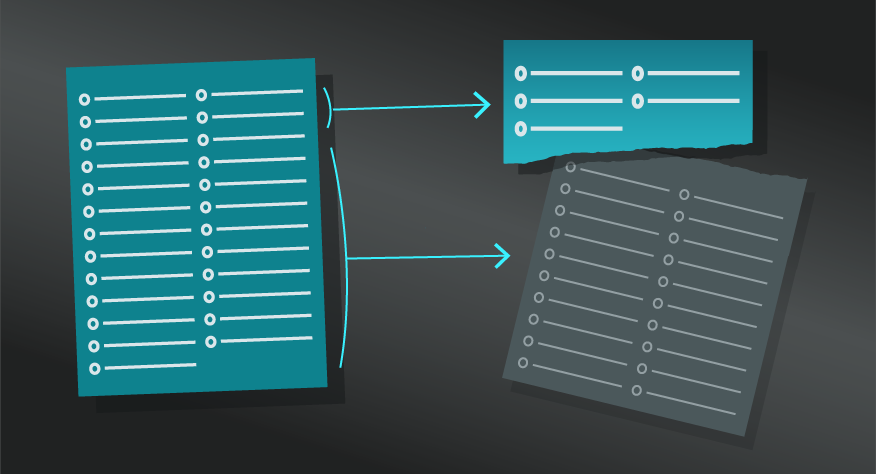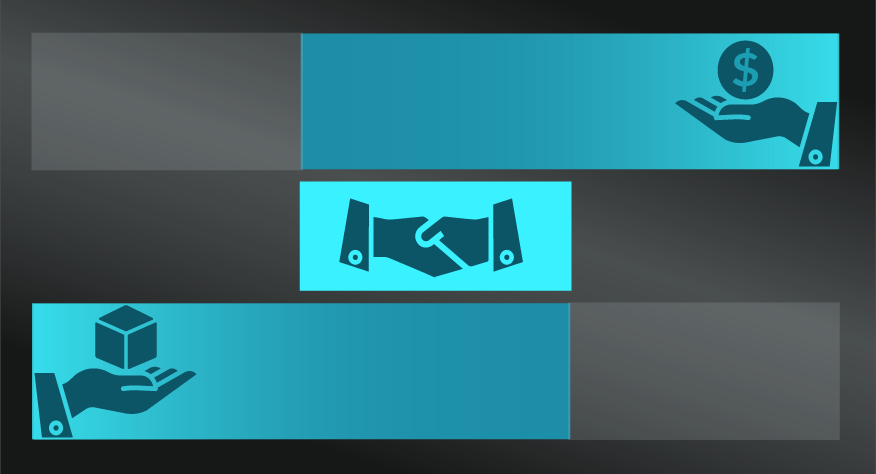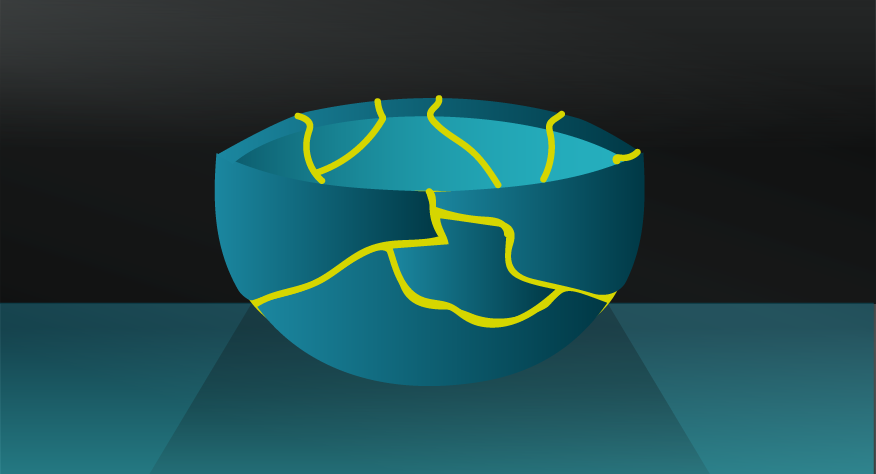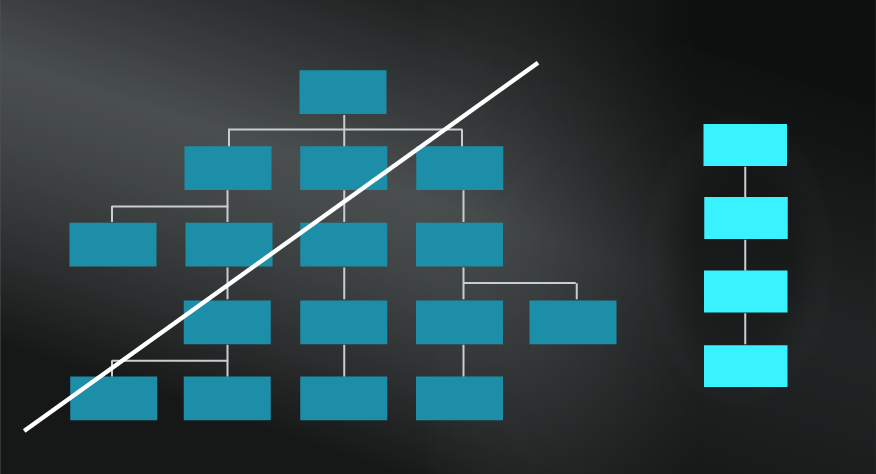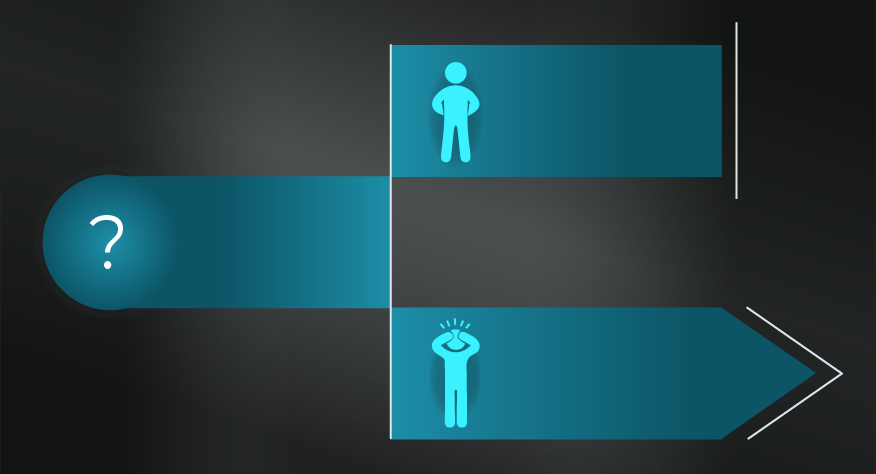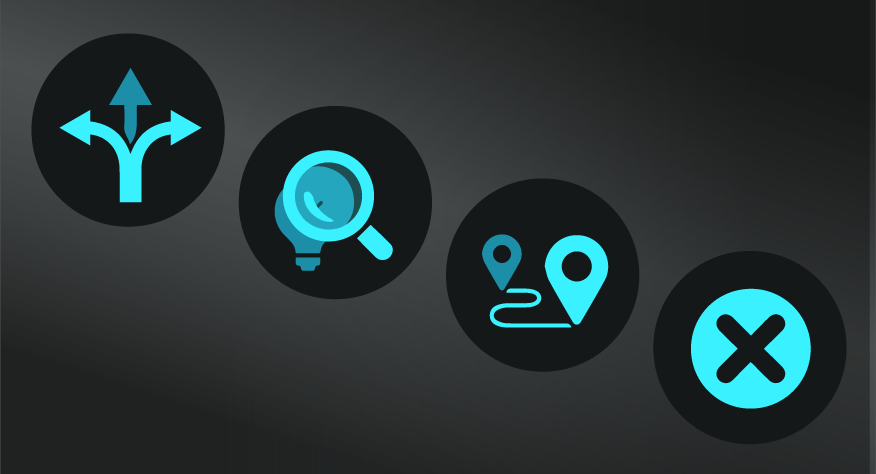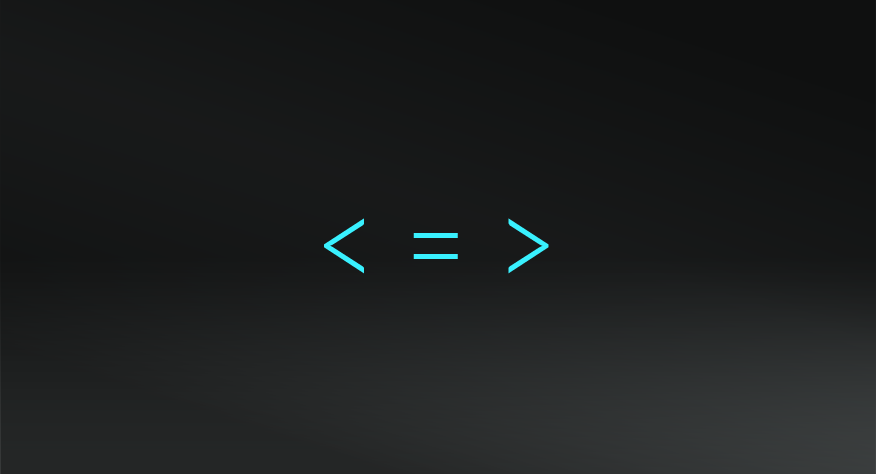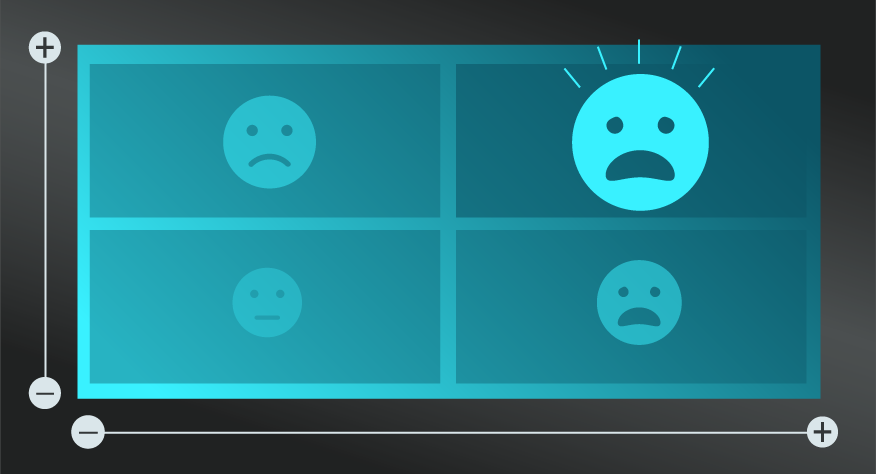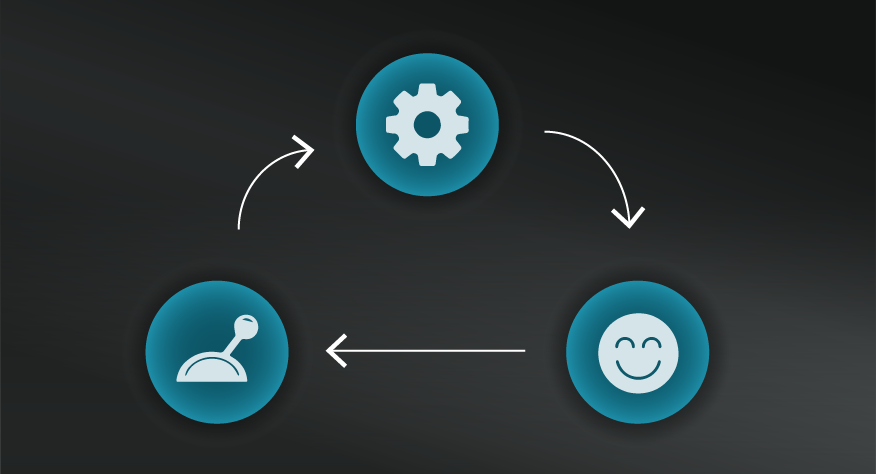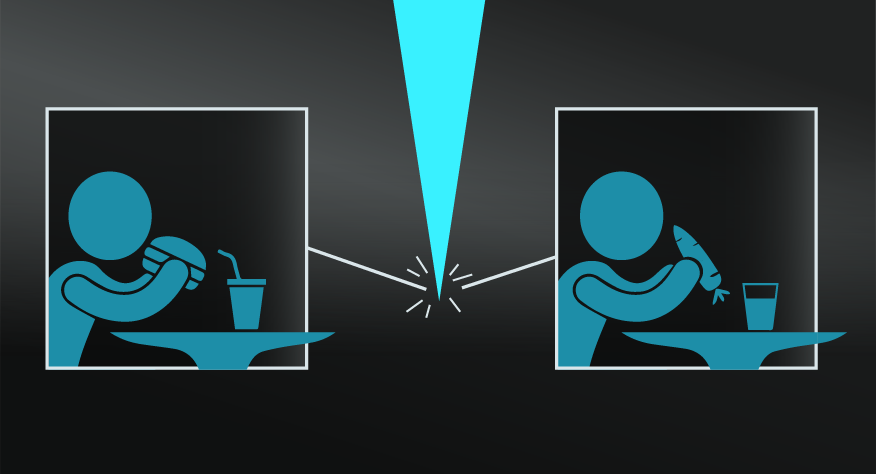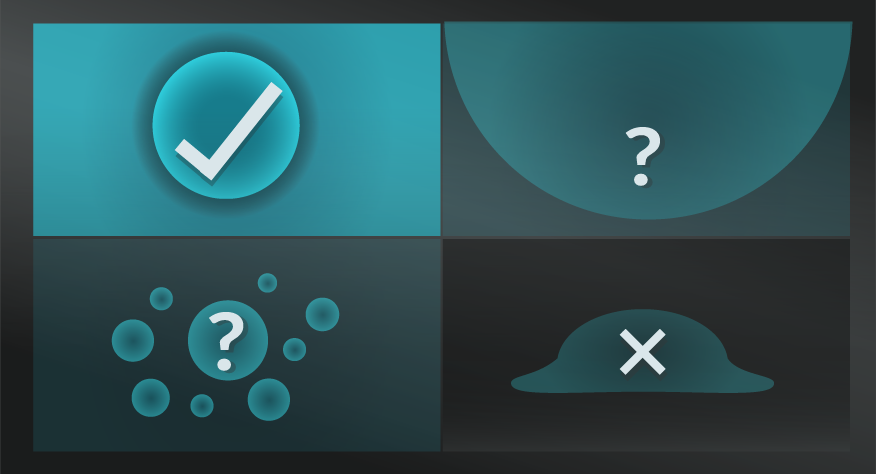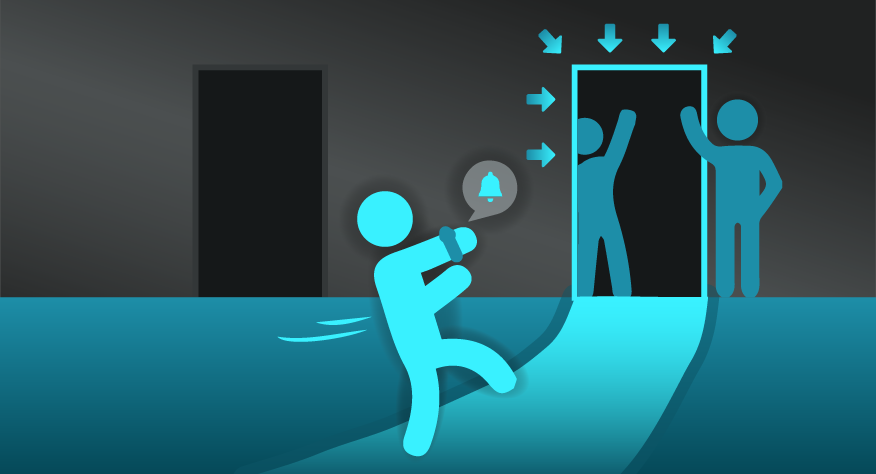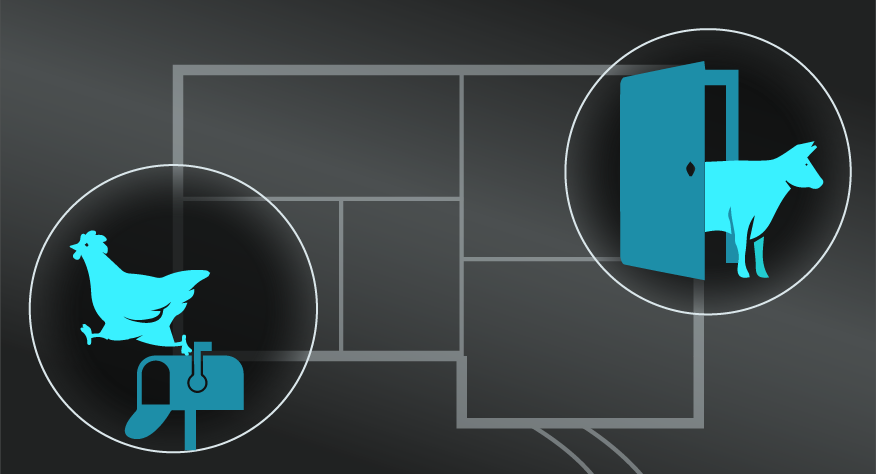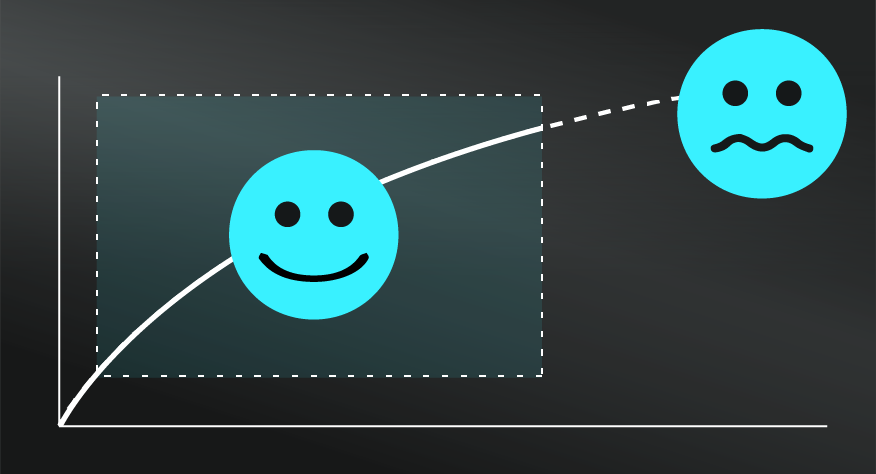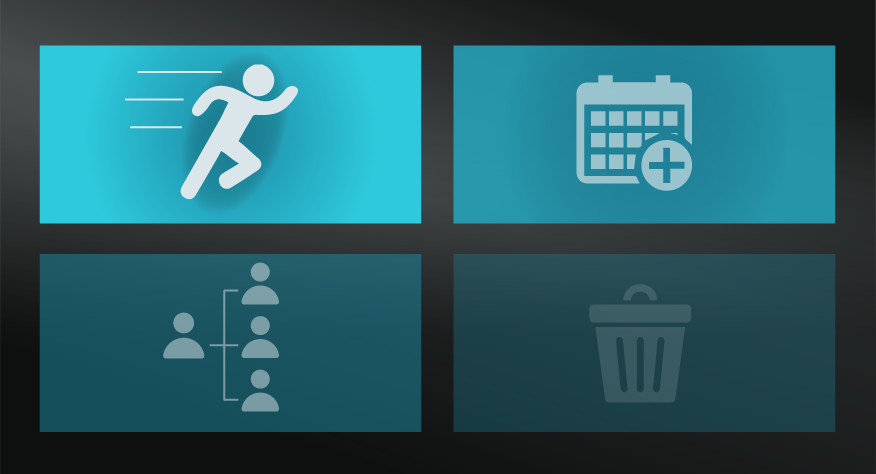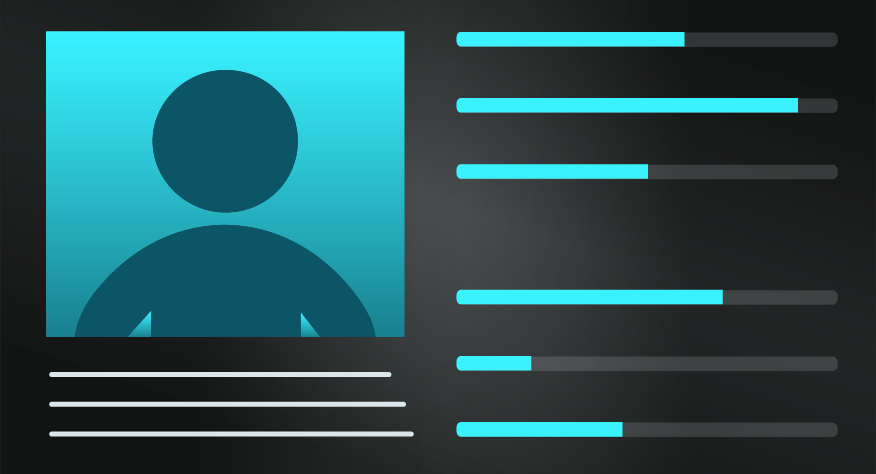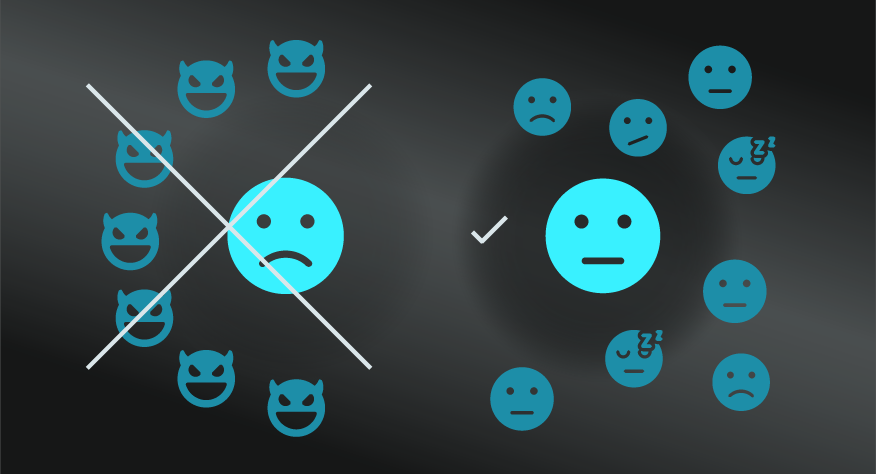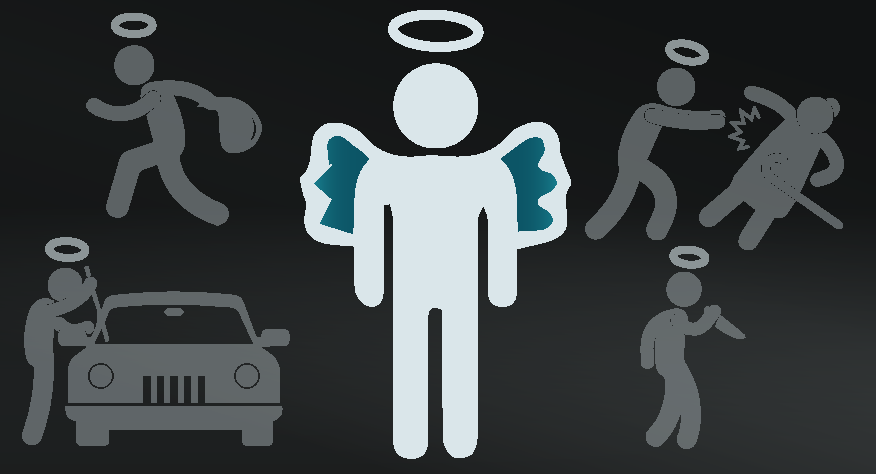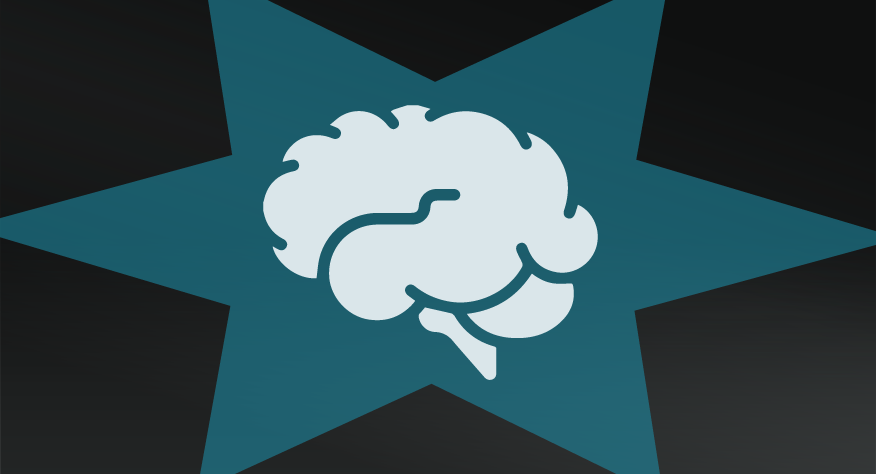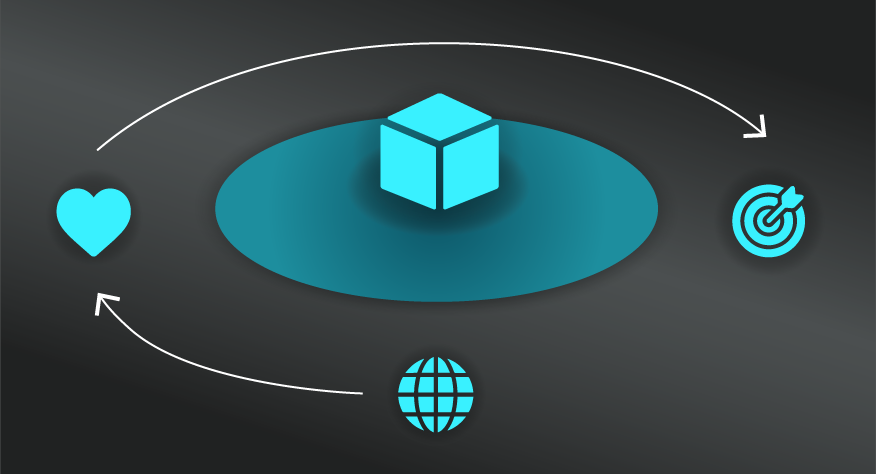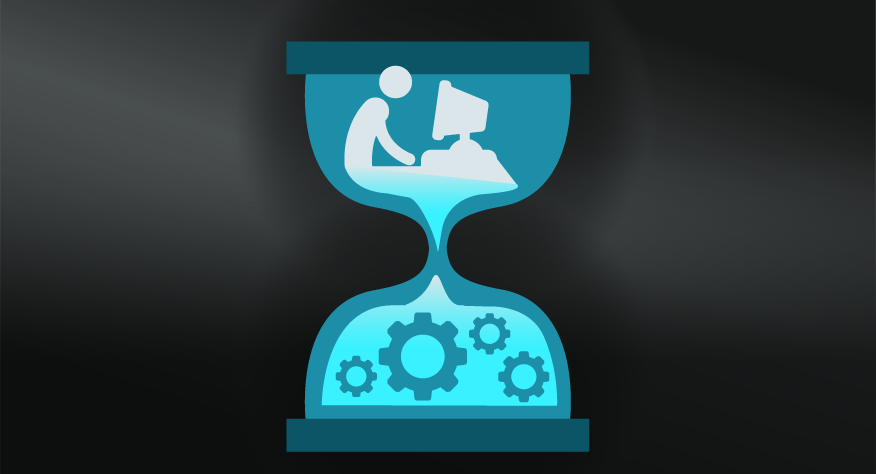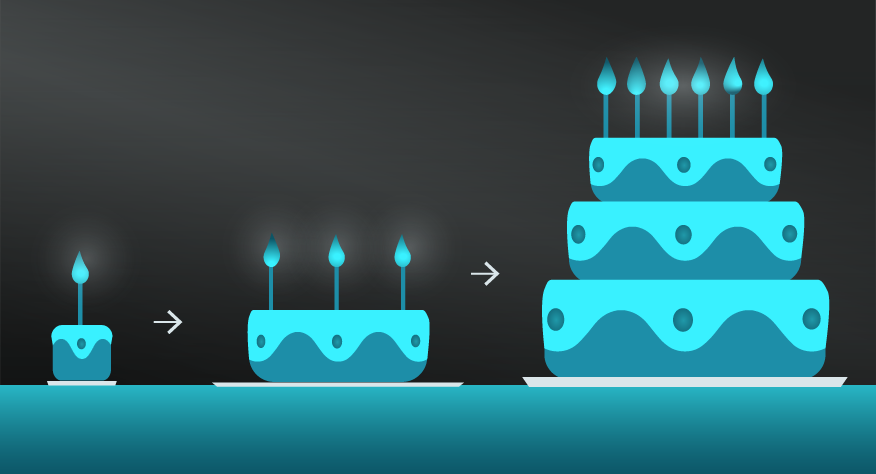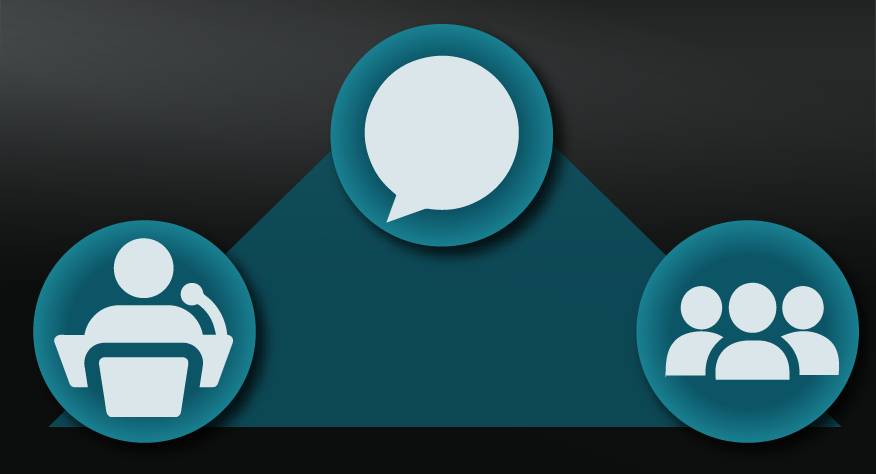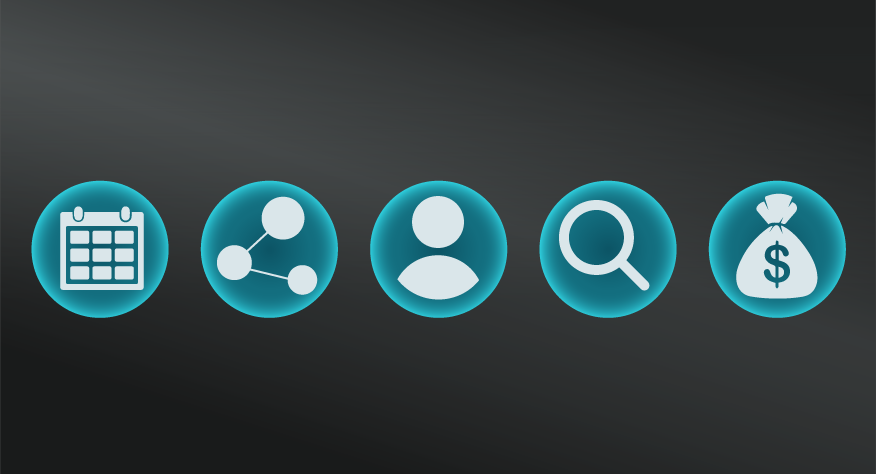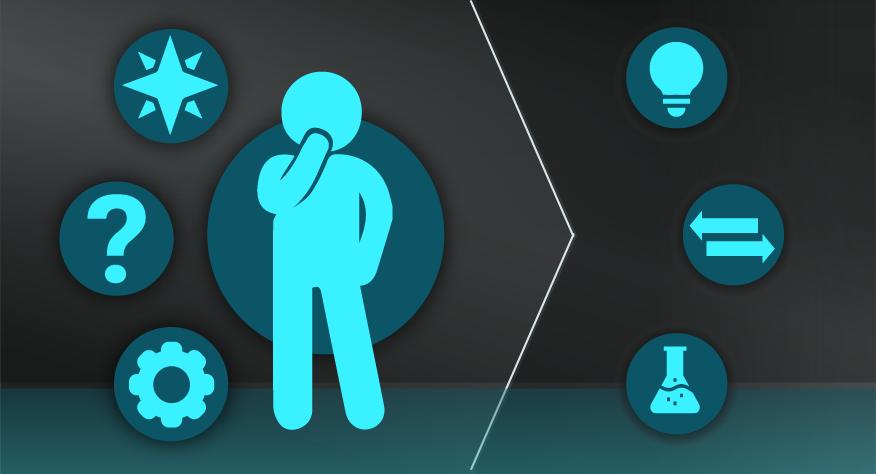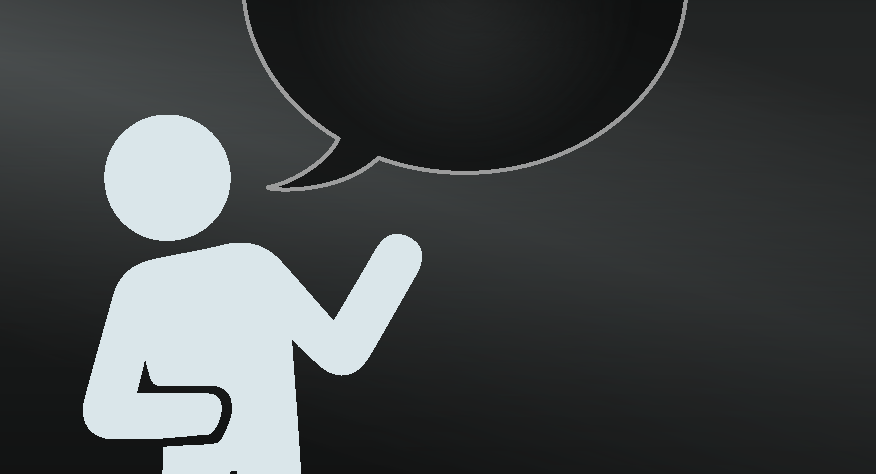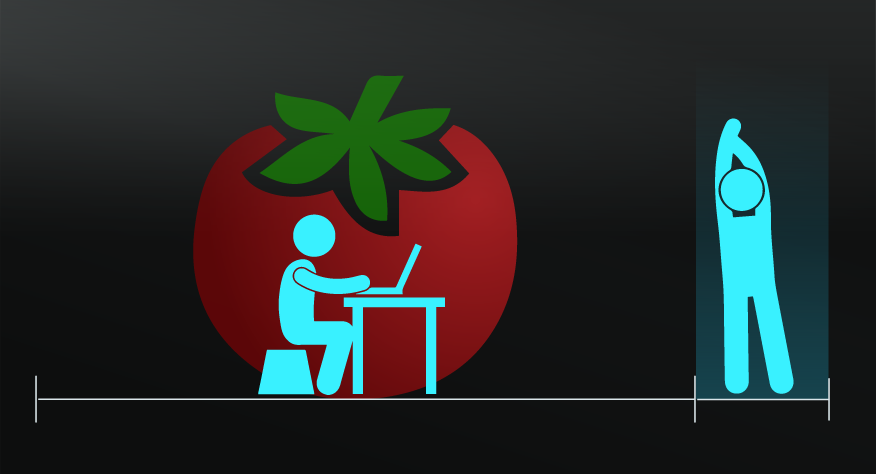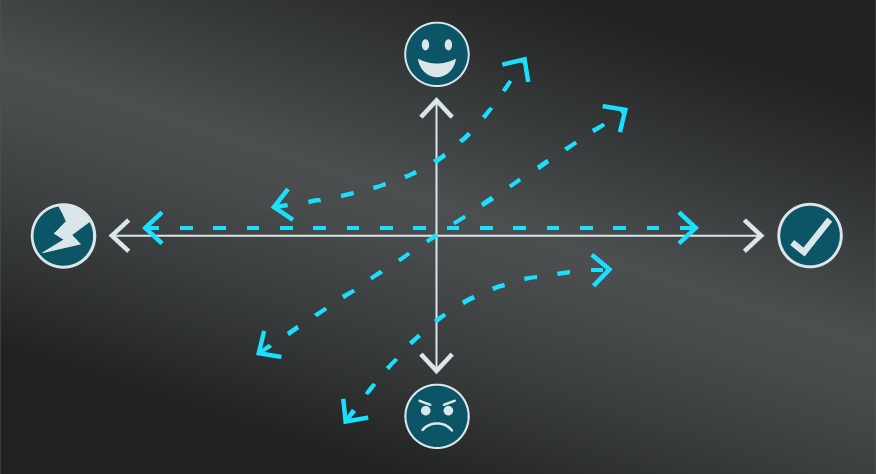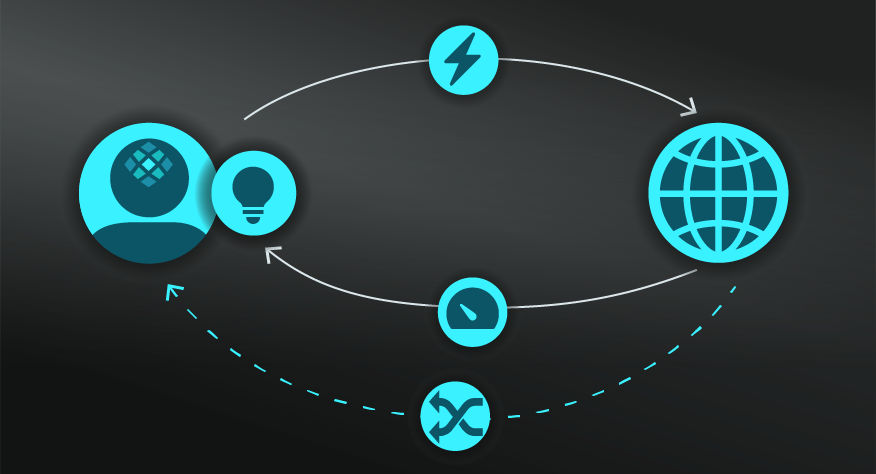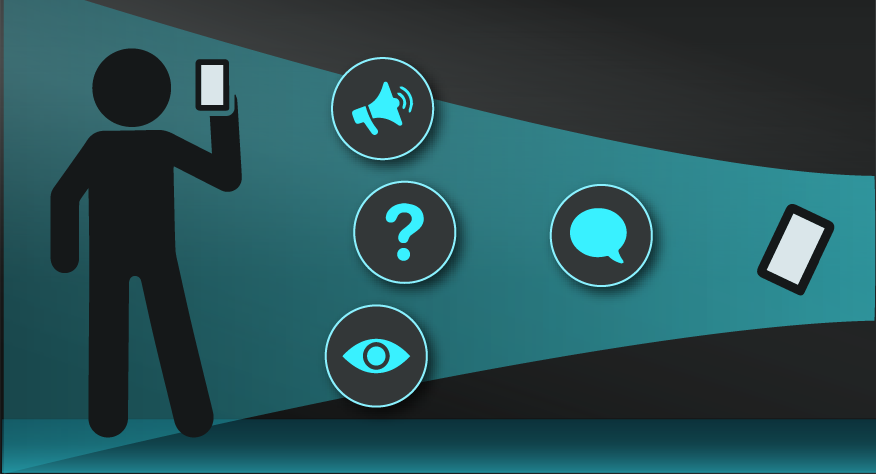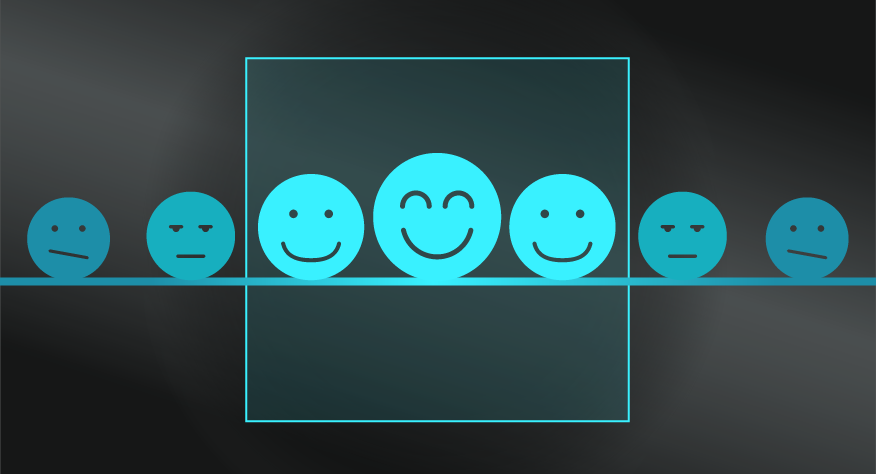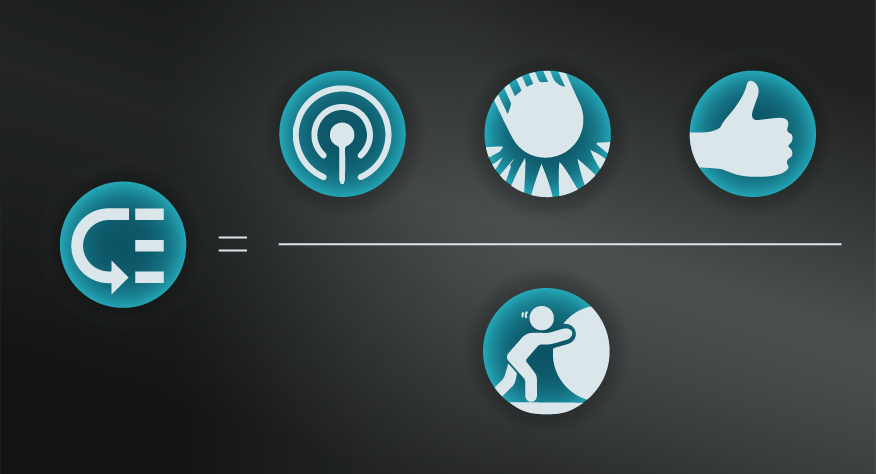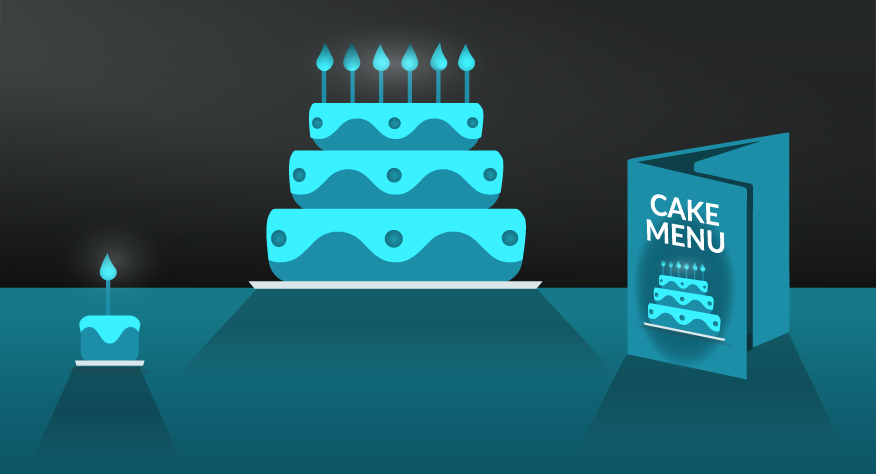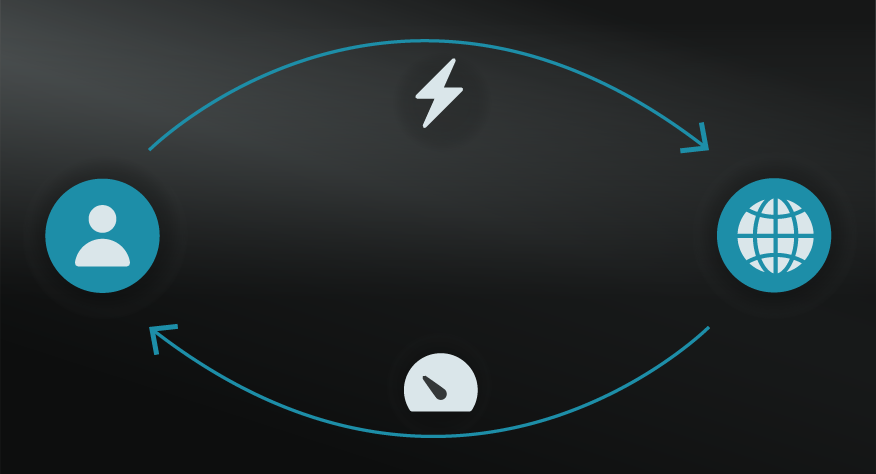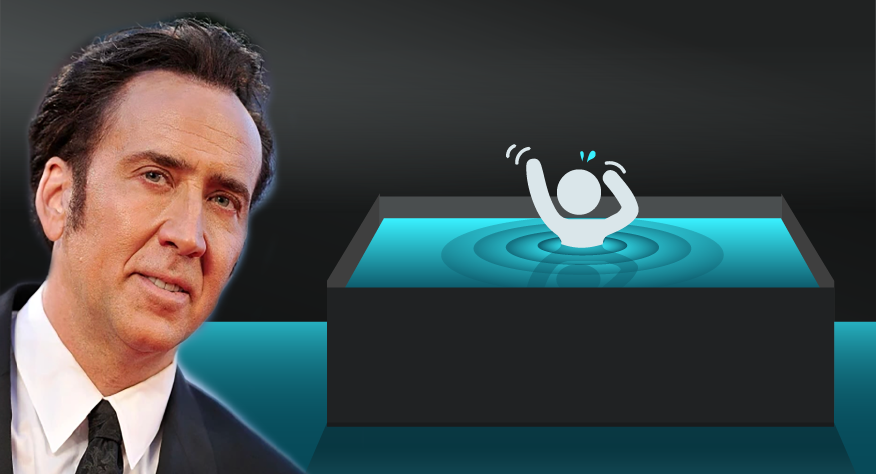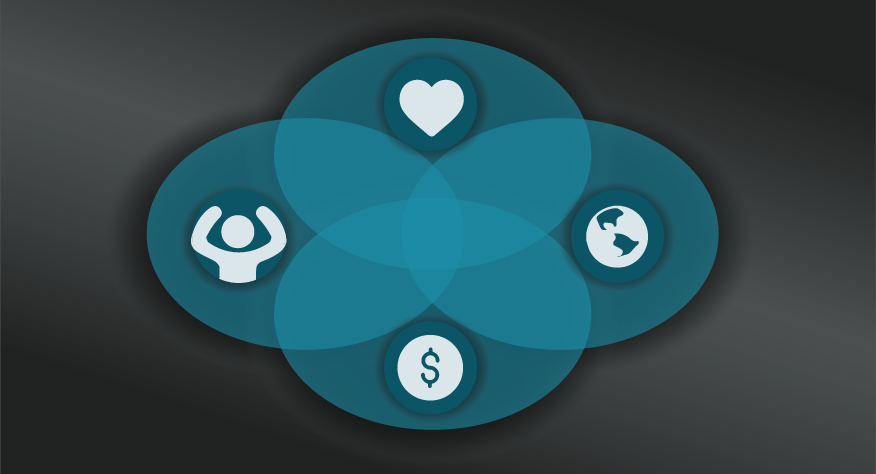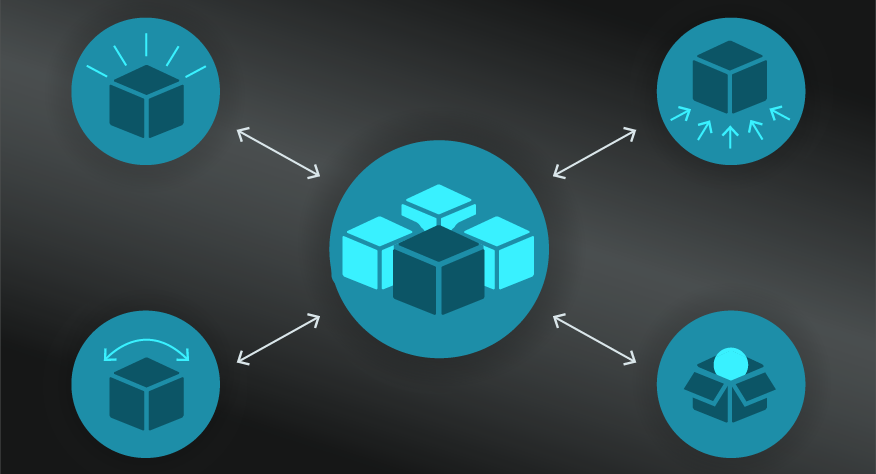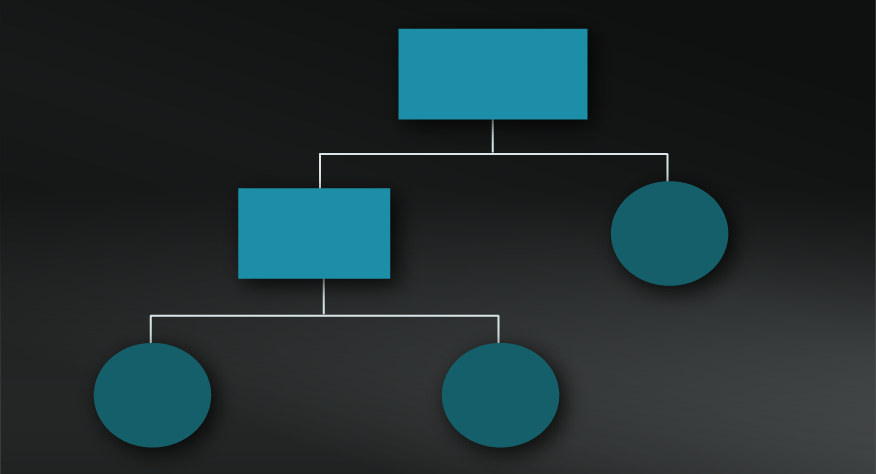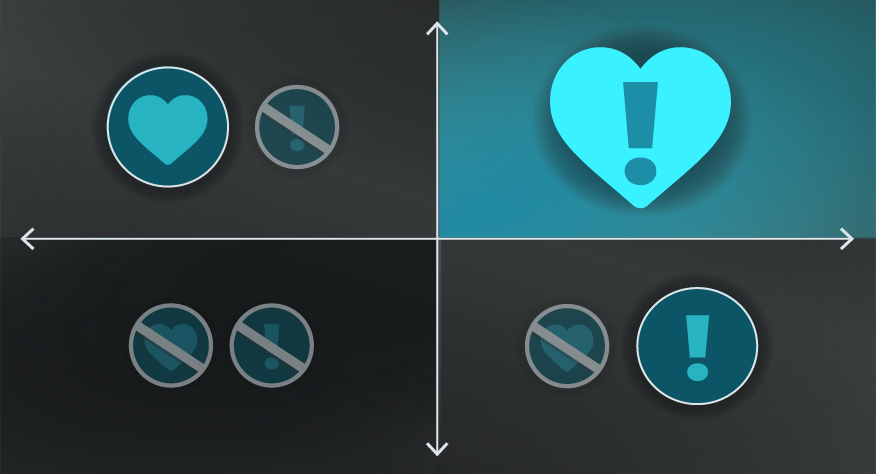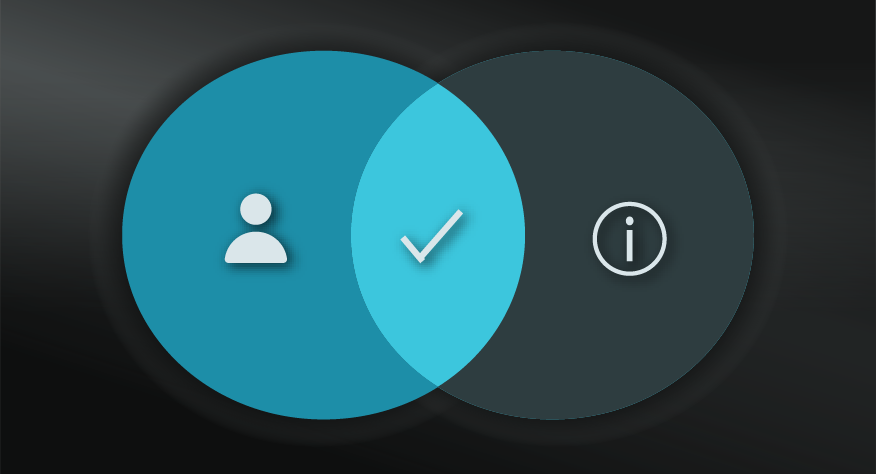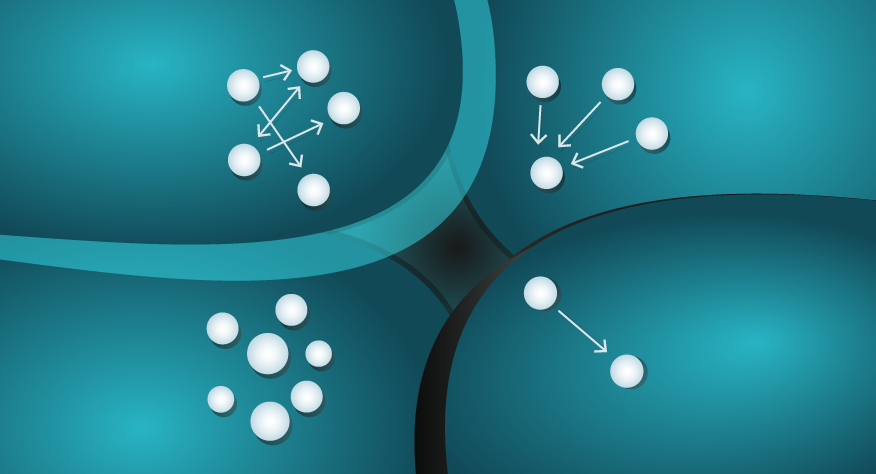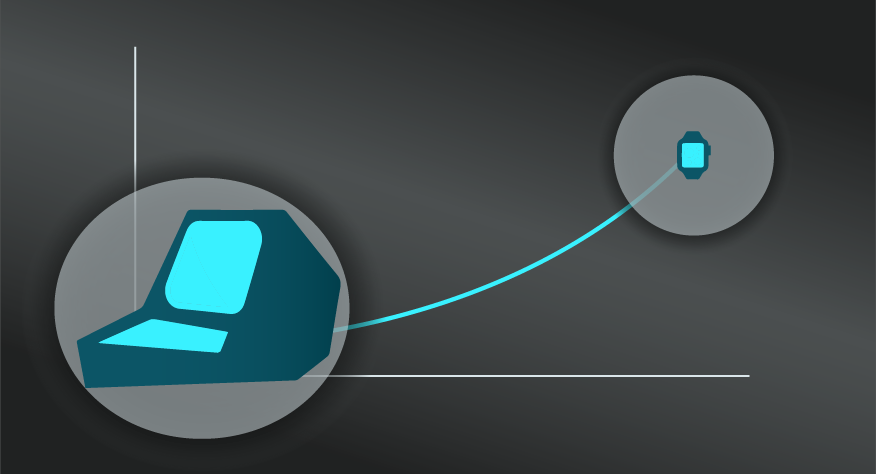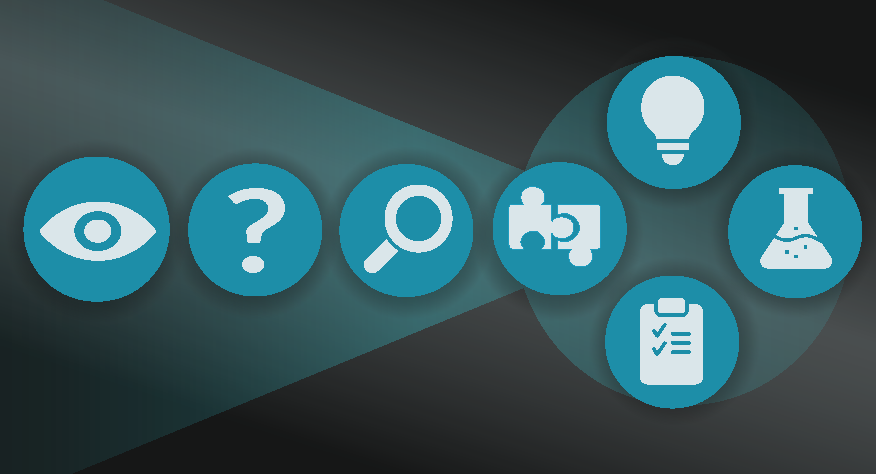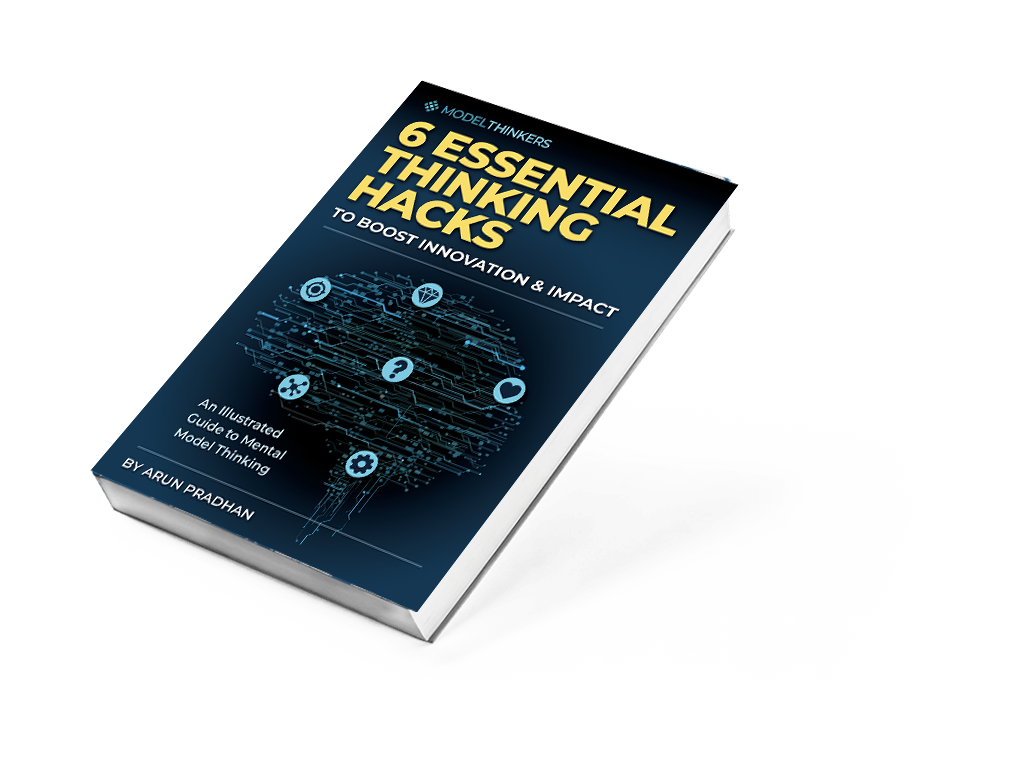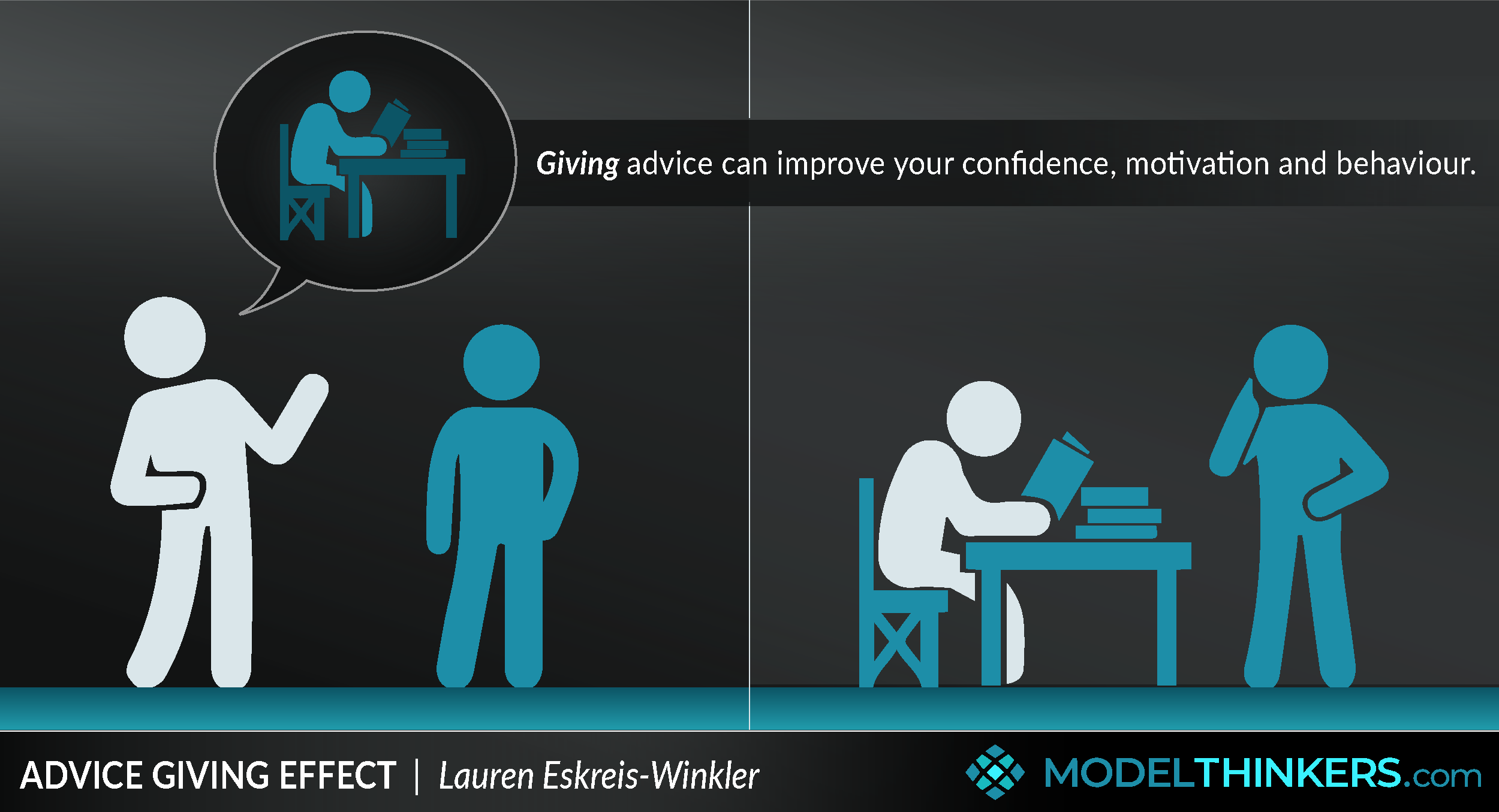
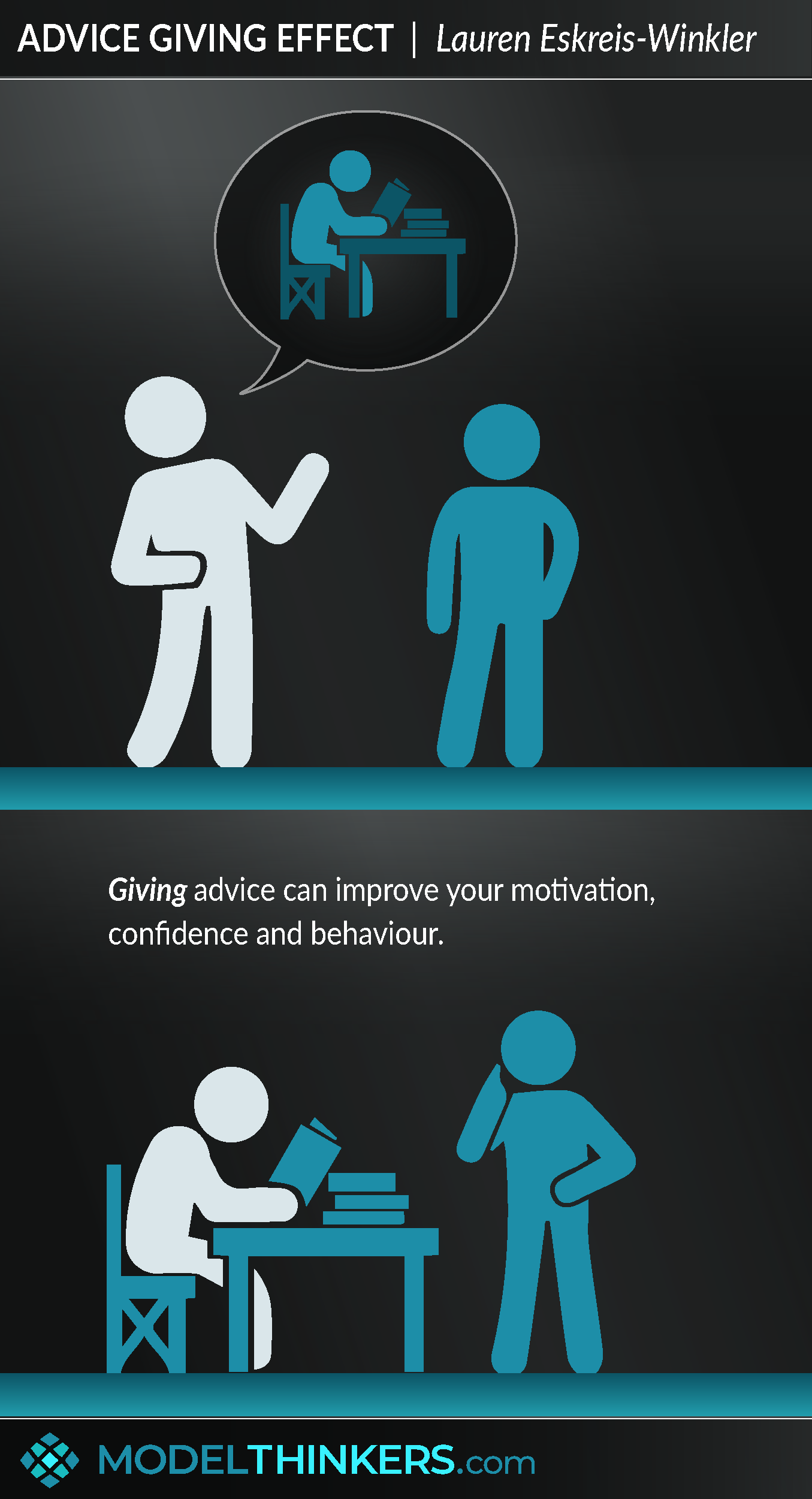
 0 saved
0 saved
 17.9K views
17.9K views








What if you didn’t need to hear more 'expert advice' on how to do that thing? Maybe you already know what to do, but are struggling with self-doubt or motivation? If so, then this model might just provide the push to get you moving.
The Advice Giving Effect describes how the process of giving advice about a topic related to your own needs can improve your confidence, motivation, and ability to take positive action on that topic.
ADVICE: A DOUBLE-EDGED SWORD.
Be honest. Is there anything more annoying than unsolicited advice? Well, more than annoying, Lauren Eskreis-Winkler, the researcher behind this model, identified that people receiving advice will often hear an implicit "you're not good enough" message which actively undermines their confidence.
By contrast, Eskreis-Winkler conducted a number of studies revealing that the process of giving advice, in a relevant topic to the advice-giver, actively built their confidence in that area. She noted this same pattern play out in areas as diverse as anger management, weight loss, and seeking employment – see the In Practice and Origins sections below for the specifics.
BENEFITS OF ADVICE-GIVING.
It's true that some behaviour change requires new knowledge or insights. However, more often, people know what's required but struggle to take action. In such cases, Eskreis-Winkler's research posited that the process of giving advice:
-
Focuses on memories of success and strength and builds confidence as a result;
-
Formulates concrete plans that simplify and improve the chance of taking action;
-
And likely surfaces advice that is relevant and personal to the advice-giver.
We’d also suggest that giving advice is a form of reflection, helping to consciously construct mental models that make effective action more possible. A word of warning though — you won't implicitly 'practice what you preach.' The advice-giving seems to be most impactful on the advice-giver when it's seen as relevant and topical by them.
APPLICATIONS.
Want your child to do better in that test? Ask them to deliver study advice to someone else – see the Origins tab for the research on this. Are you managing someone who struggles to prioritise their work? Rather than offering advice, ask them to mentor a junior staff member on better time management. Trying to make a change in your life? Consider what you would say to someone else in your position.
ADVICE CLUB.
In her book How to Change, Katy Milkman outlined how economist Linda Babcock formed an ‘advice club’ with four female colleagues to counter the tendency for women to be stuck with low-prestige office tasks.
The group supported its members to say ‘no’ more often and shift focus to higher-value tasks. Inspired, Milkman herself formed a similar group with two female colleagues pointing to the value of both receiving but also giving advice amongst peers.
IN YOUR LATTICEWORK.
This model aligns with the GROW Model and broader coaching and mentoring strategies. It has interesting links with the Feynman Technique, in terms of the power of explaining being linked to learning.
Beyond that, this model can be used in conjunction with other behavioral change strategies including the EAST Framework, the Habit Loop, Temptation Bundling, Temporal Landmarks, and the Domino Effect.




- Consider whether offering advice is appropriate
Before providing advice, consider whether it might undermine confidence and how it might be received. Further, ask yourself whether the person already knows what's required and whether they might be better supported in other ways.
-
See someone struggling with confidence? Ask them to offer advice.
Encourage people who are struggling with confidence or motivation to provide advice and tips to others. Again, this will be ineffective if they need new information or skills, but if it's primarily a case of confidence, the process of giving rather than receiving advice might help.
-
Form an advice club.
Consider forming a group with supportive peers to exchange advice on an area you are trying to shift, ensuring that it is a two-way engagement of receiving and giving advice.
The main challenge with this model lies in situations where change is not primarily about confidence but will be informed and driven by new information or skills. In such situations giving advice might reinforce and even spread ineffective strategies. Consequently, it’s worth investigating whether additional knowledge, skills, or insights might make a difference in any particular situation before relying on the Advice Giver Effect.
A counterargument of sorts would be that even if someone's existing strategy is not the most optimal approach, that an implemented suboptimal approach is still superior to an unimplemented optimal one.
A final limitation of this model is the relatively limited research on it at this point. The school study in the Origins tab was a large-scale study, incorporating almost 2,000 students, however, outside of Eskreis-Winkler’s work there seems to be limited related research and attempts at replication.
Unemployed, saving money, losing weight and more.
The first studies on this model by Eskreis-Winkler hinted at the Advice Giving Effect in building motivation across a range of domains. She conducted a number of studies and surveys with unemployed people, asking them to provide job search advice to their peers and accessing advice from a reputable source. 68% of them reported more motivation for searching for work by giving advice, than receiving it. In the financial domain, she found that 72% of people struggling to save money found giving advice more motivating than receiving tips from experts. Similar results came from anger management groups and people trying to lose weight.
These results focused on self-assessed motivation rather than behaviour change but were the precursor for the large-scale study in schools that demonstrated the Advice Giving Effect on behaviour change — see Origins and Resources for an outline of that study.
Alcoholics Anonymous.
AA’s system includes a process of members mentoring others, putting them in a position of providing advice, and reinforcing their own confidence.
d
The Advice Giving Effect was identified by Lauren Eskreis-Winkler, assistant professor at the Kellogg School of Management at Northwestern University. She has worked extensively with Angela Duckworth, the author of Grit, and published the paper on the Advice Giving Effect with Duckworth, Dena M. Gromet, and Katy Milkman, who is behind Temptation Bundling and Temporal Landmarks.
Milkman describes Eskreis-Winkler’s journey in her excellent new book How to Change. She points out that Eskreis-Winkler surveyed people struggling to save money, salespeople and school children as she tried to understand what was behind top performers. Eskreis-Winkler work identified that many people already knew what to do, but just weren’t doing it, which she largely attributed to self-doubt.
Eskreis-Winkler approach culminated in a study of almost 2,000 students in a high school. In the study, the treatment group provided advice to younger students on study locations and study strategies. They were also asked to write a motivational letter to an anonymous student who hoped to do better at school. The entire intervention took about 8 minutes for the treatment group to complete and the results are shown below, demonstrating better results in both class options:
See the In Practice section for broader application of the effect.
 My Notes
My Notes
Oops, That’s Members’ Only!
Fortunately, it only costs US$5/month to Join ModelThinkers and access everything so that you can rapidly discover, learn, and apply the world’s most powerful ideas.
ModelThinkers membership at a glance:






“Yeah, we hate pop ups too. But we wanted to let you know that, with ModelThinkers, we’re making it easier for you to adapt, innovate and create value. We hope you’ll join us and the growing community of ModelThinkers today.”



